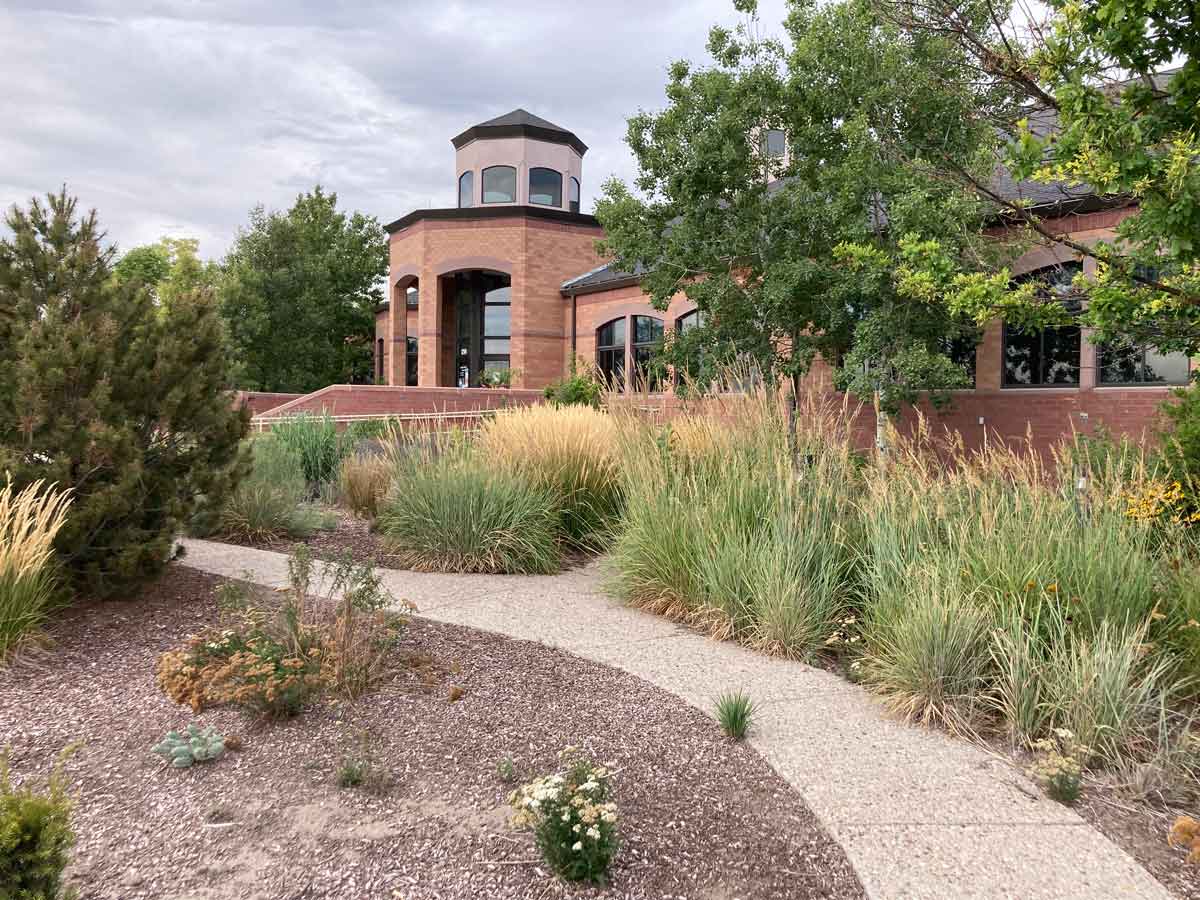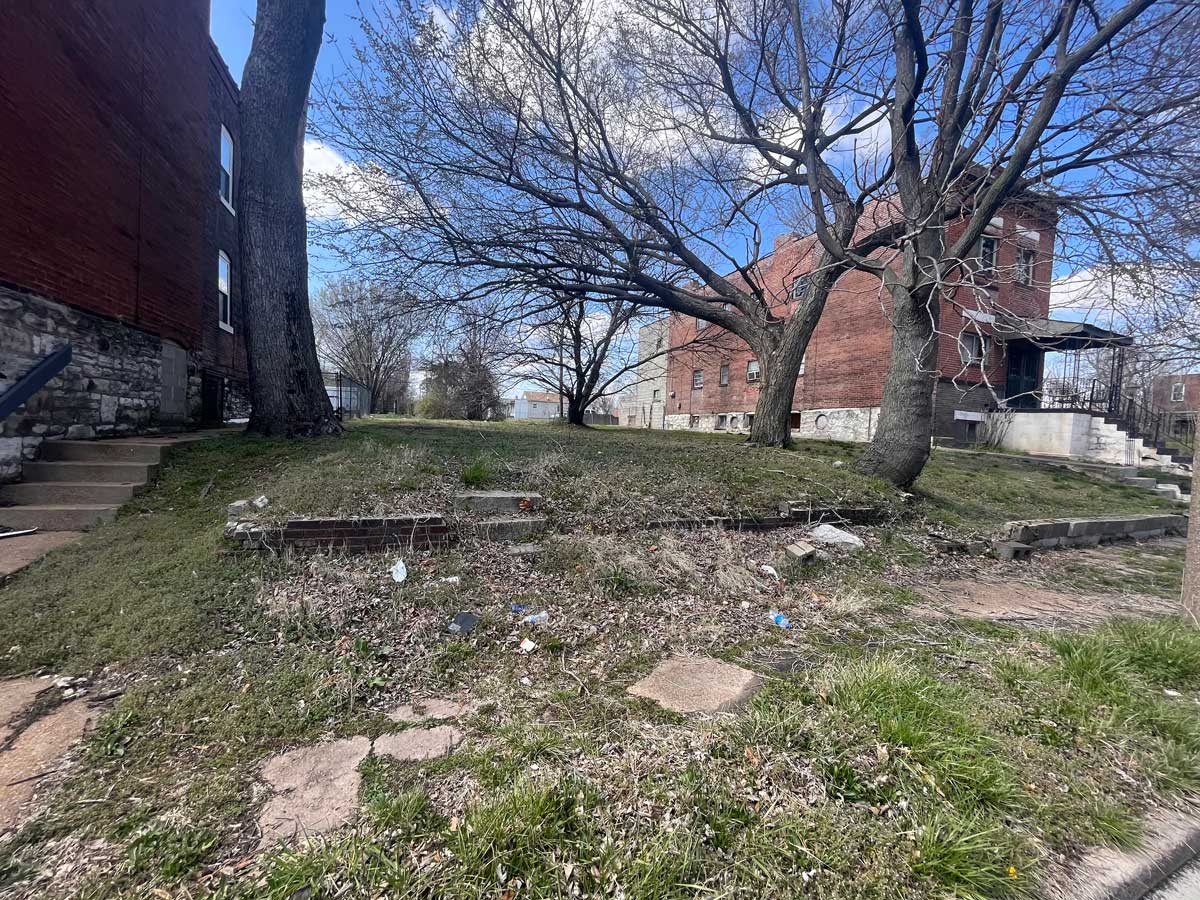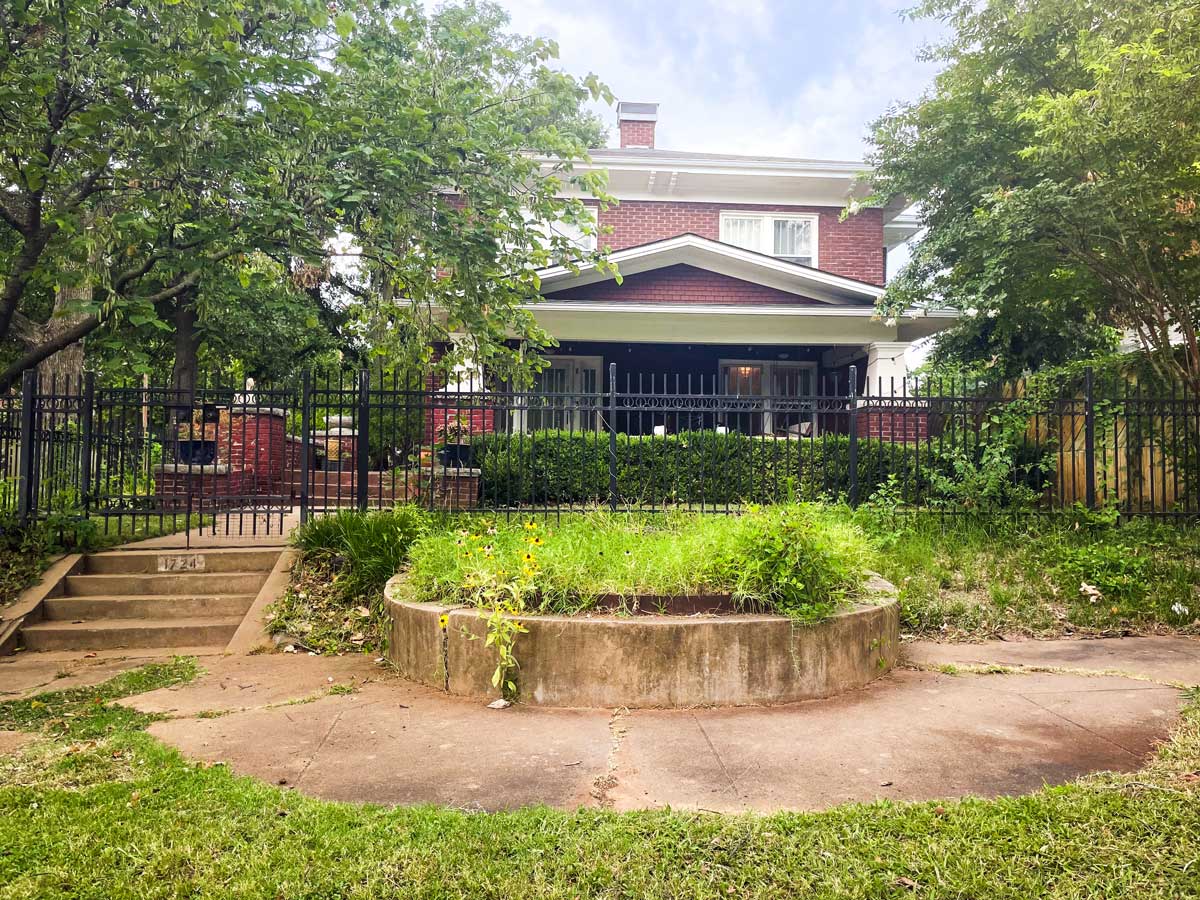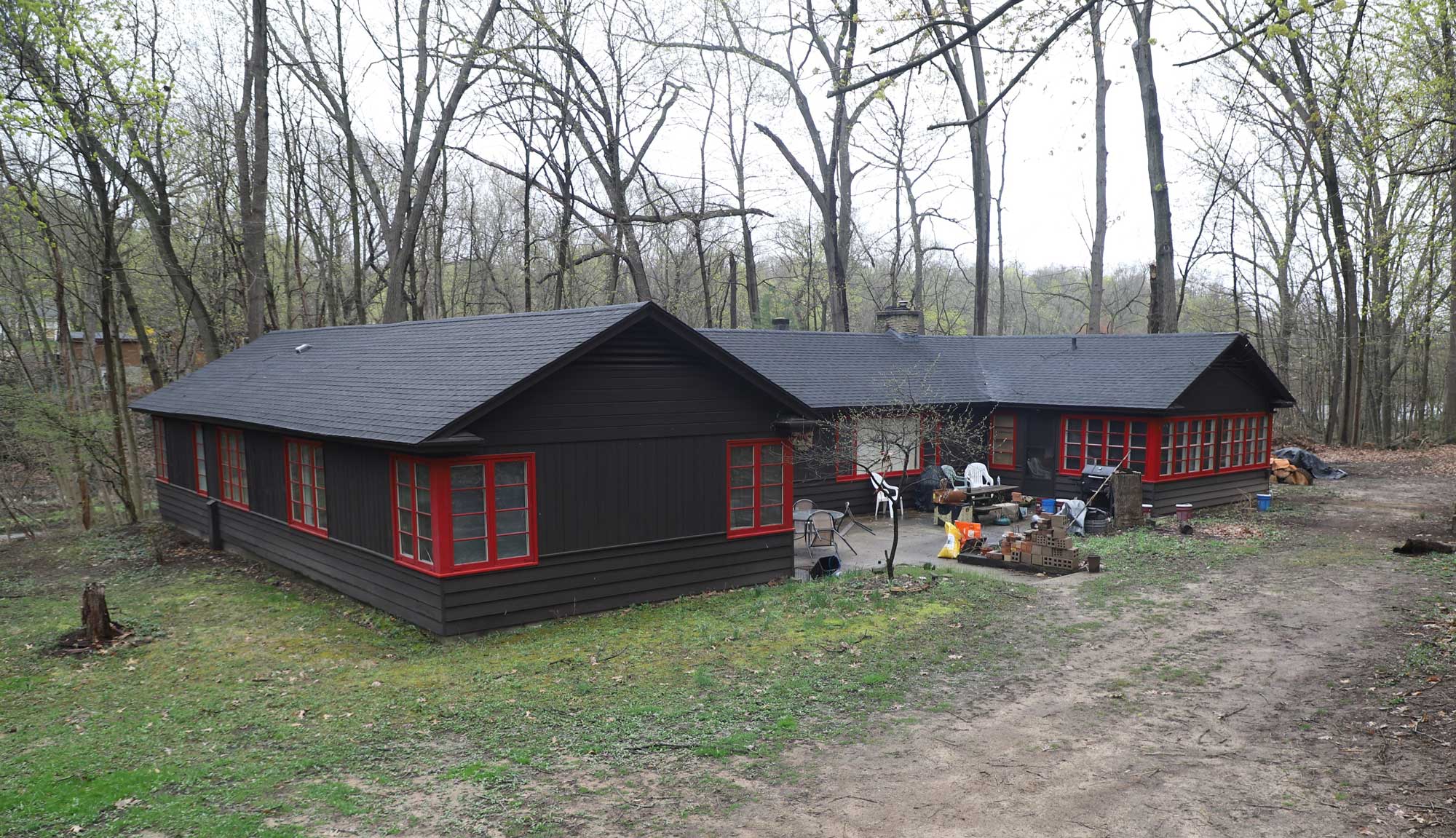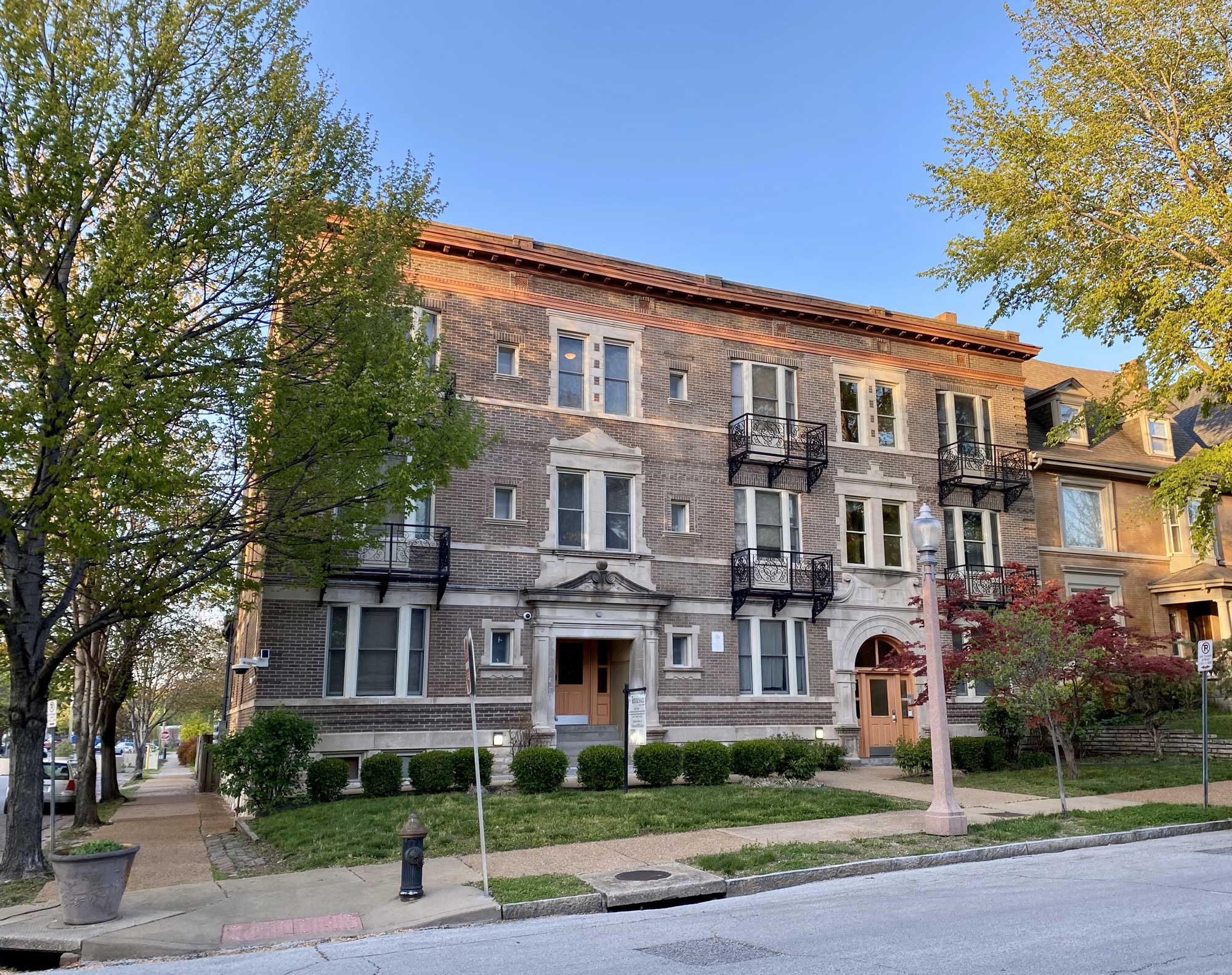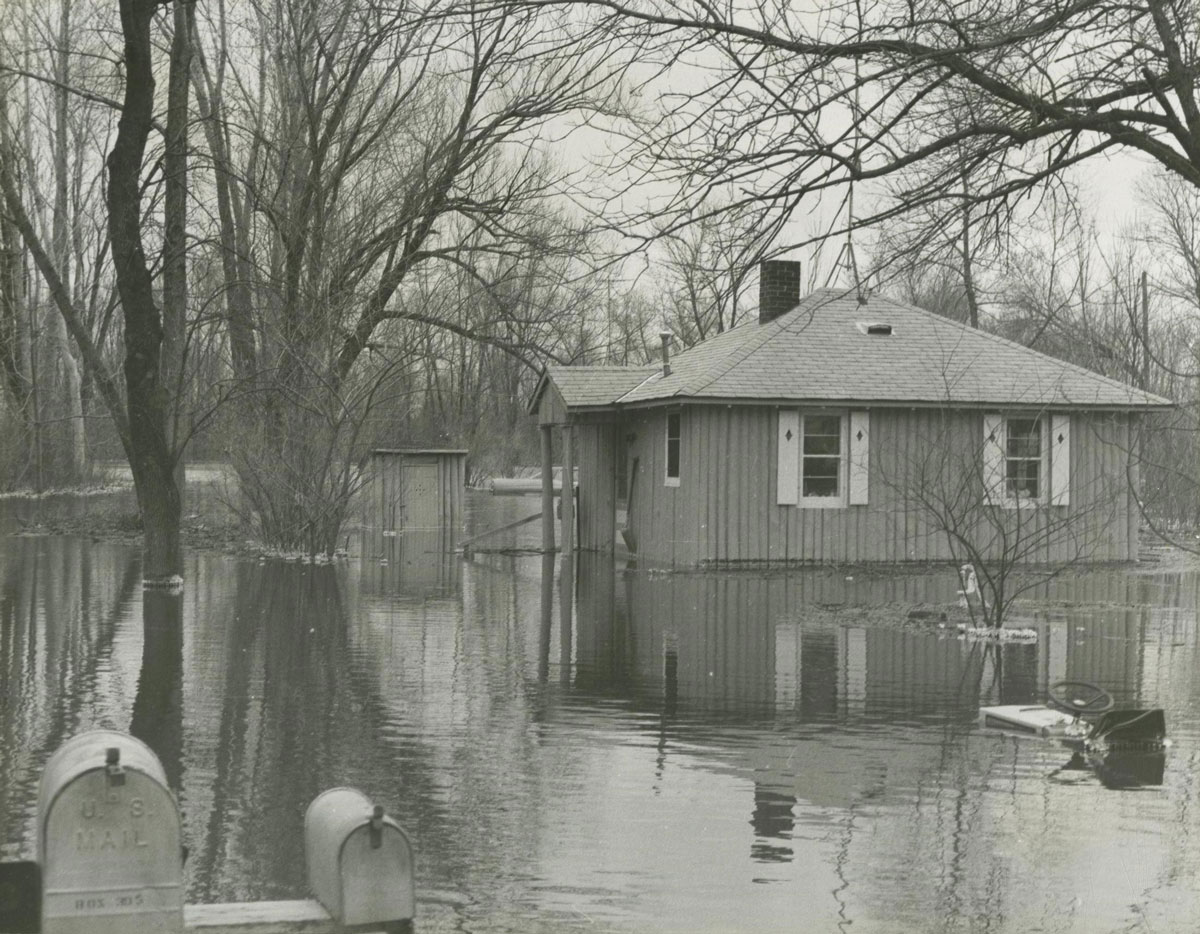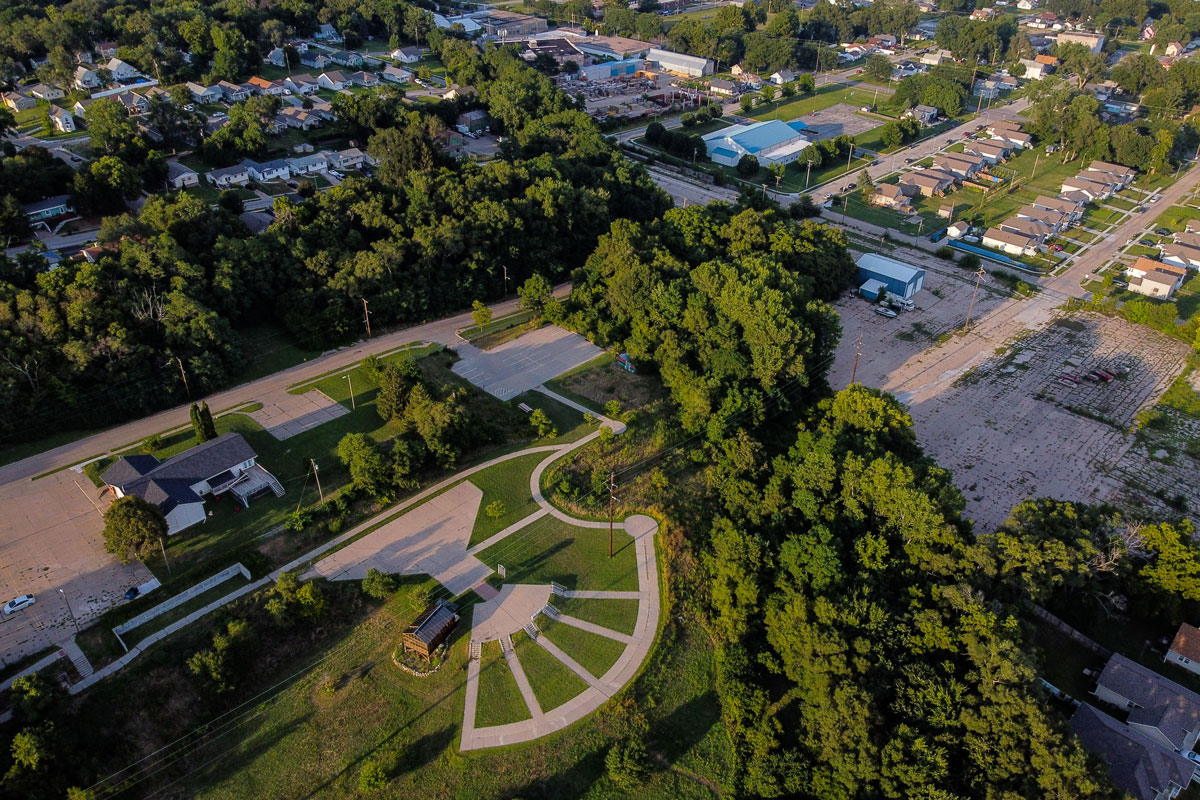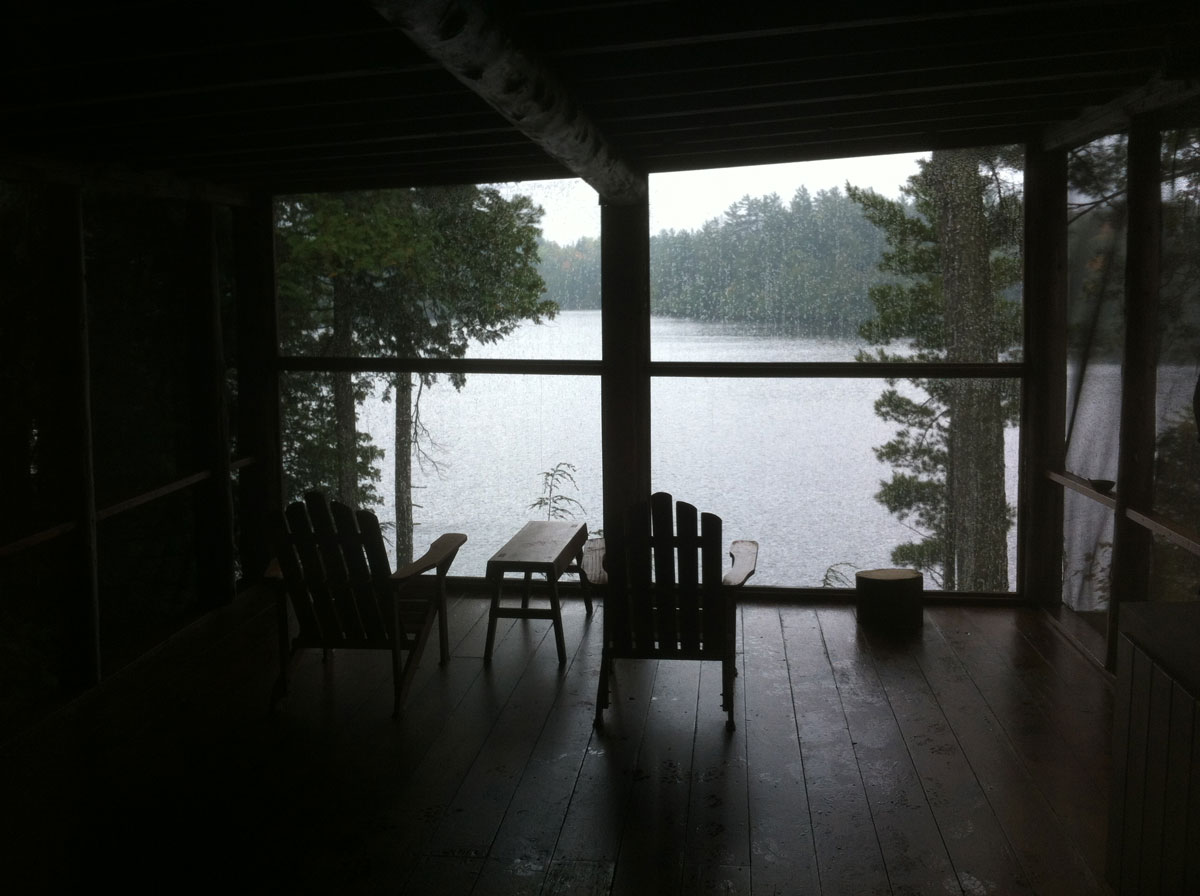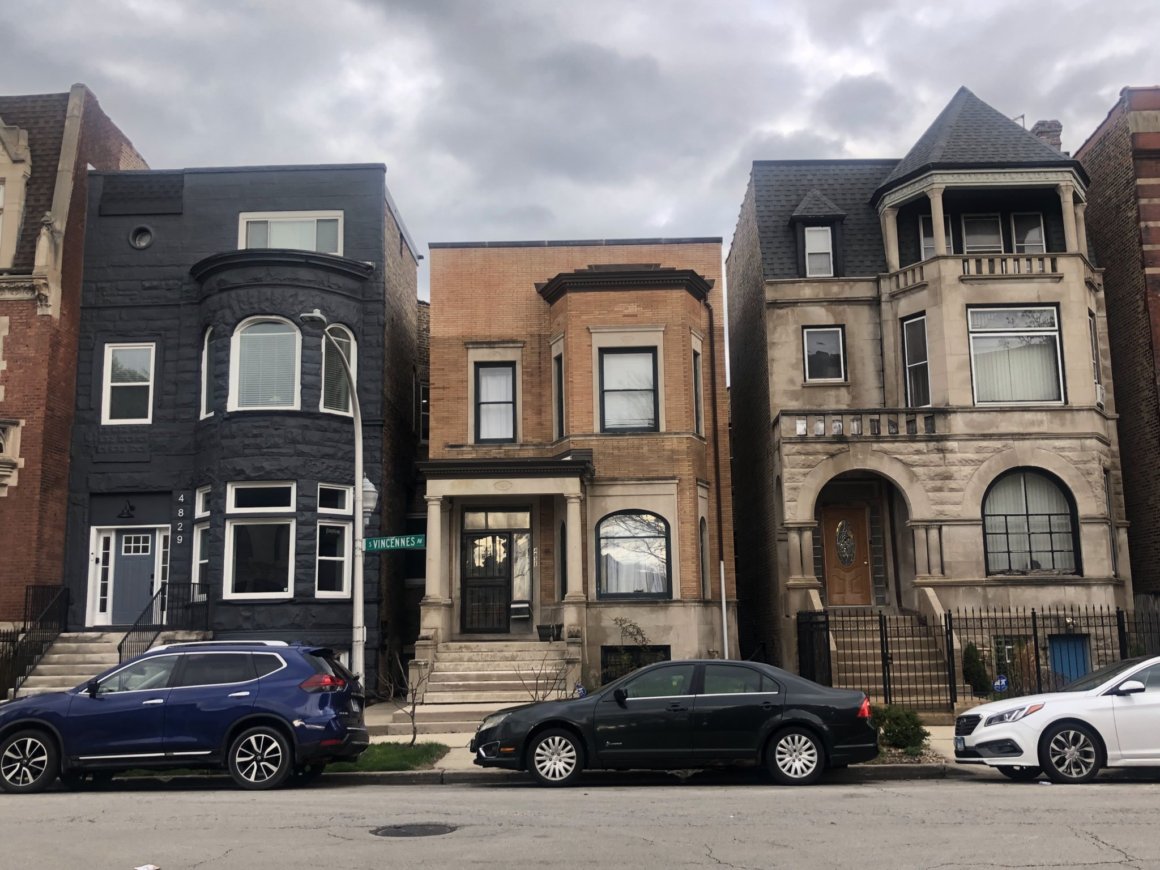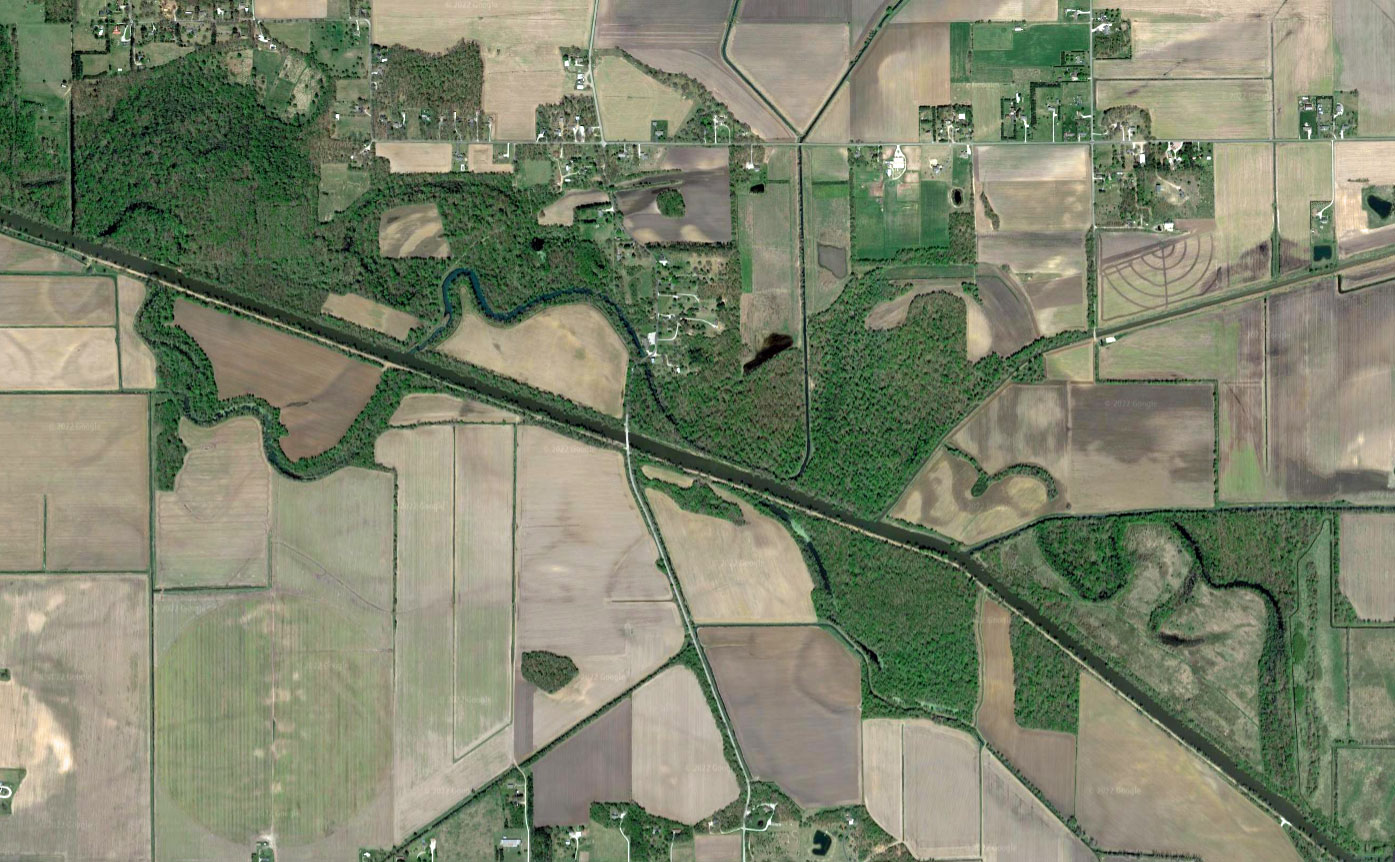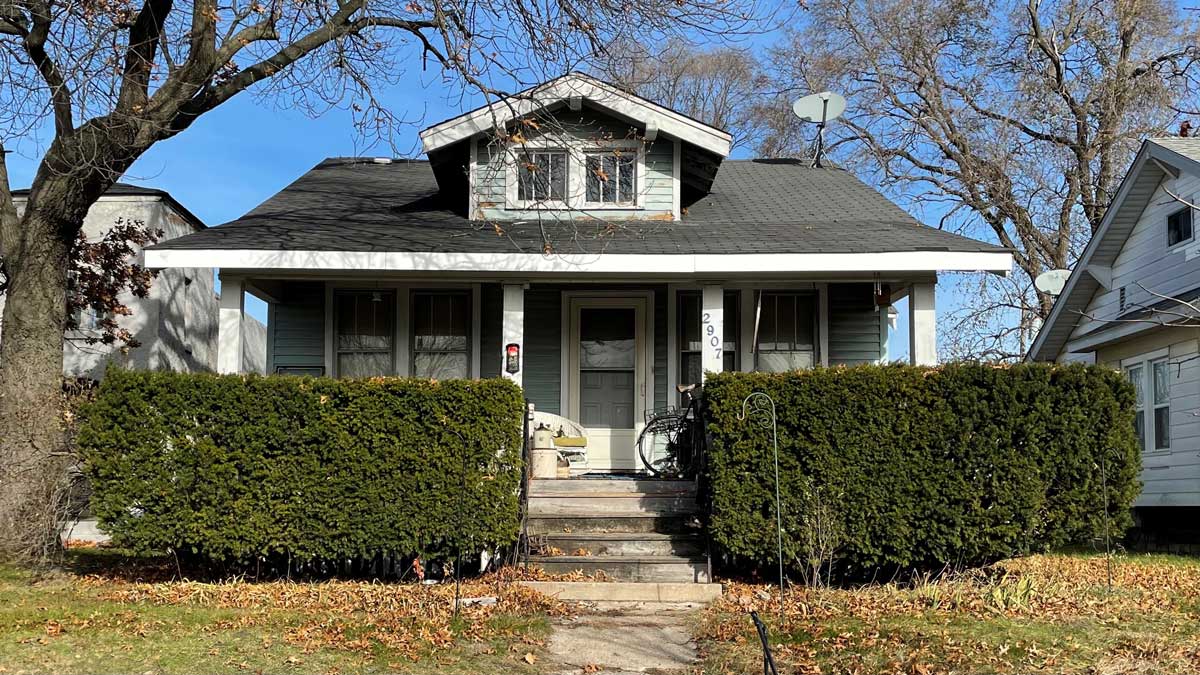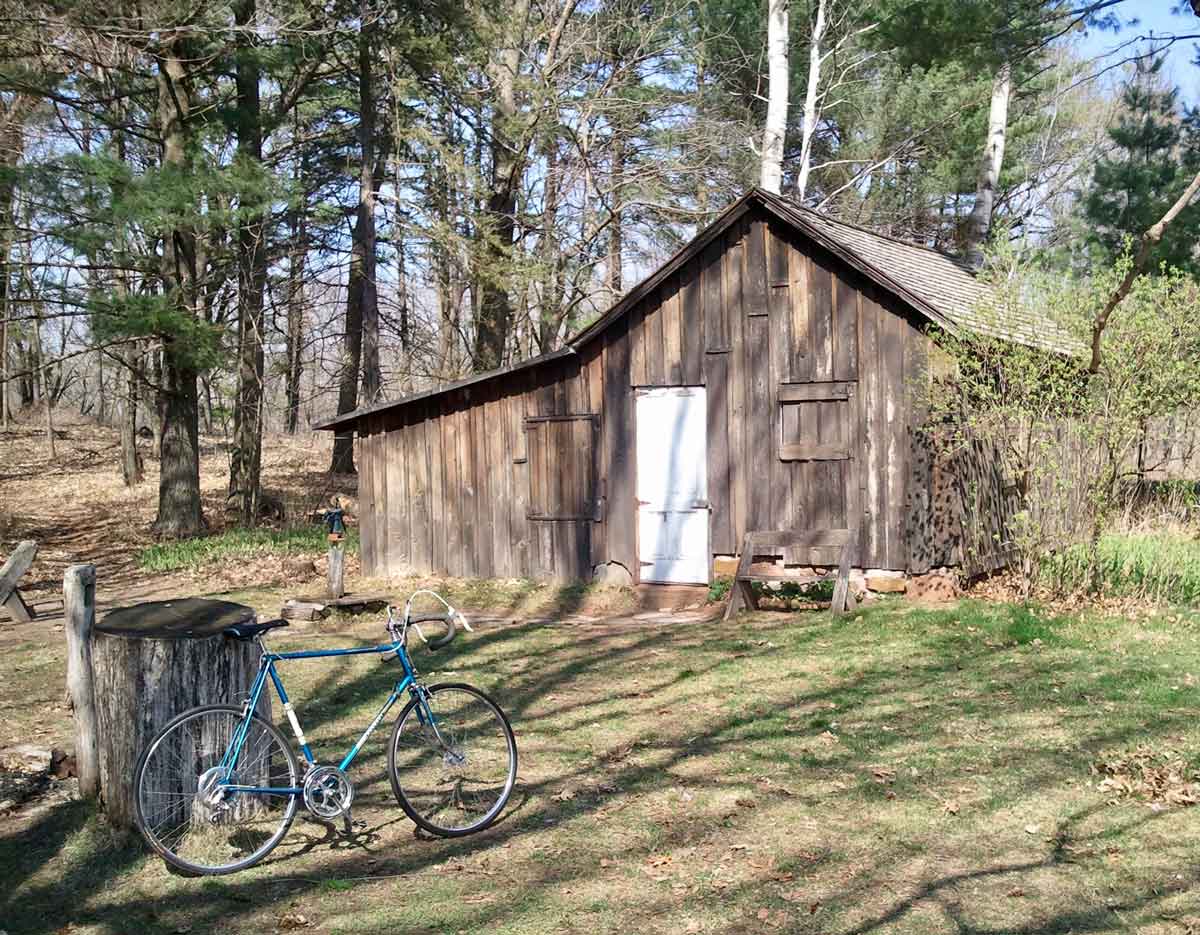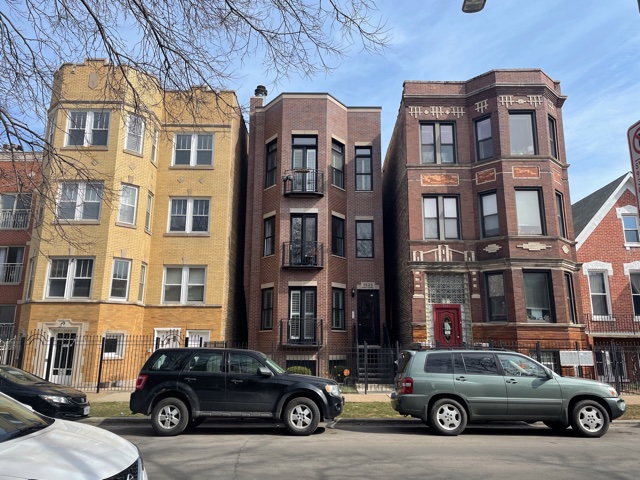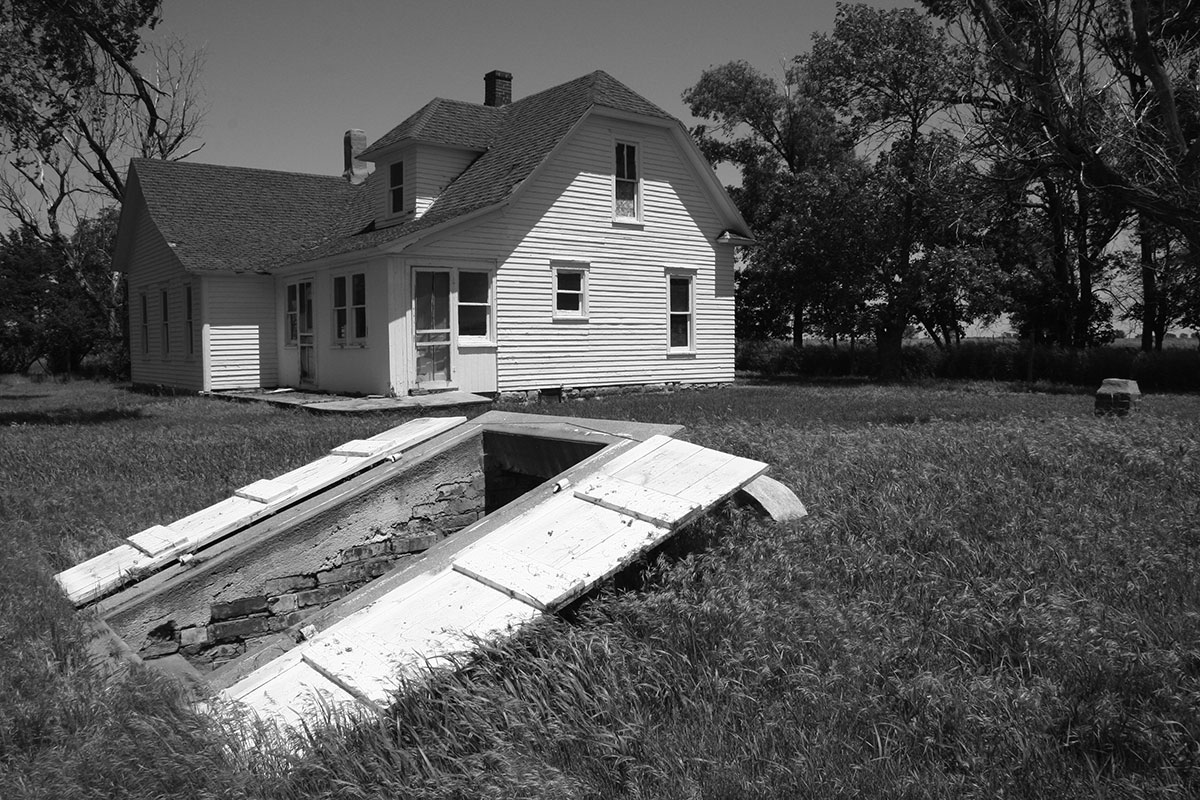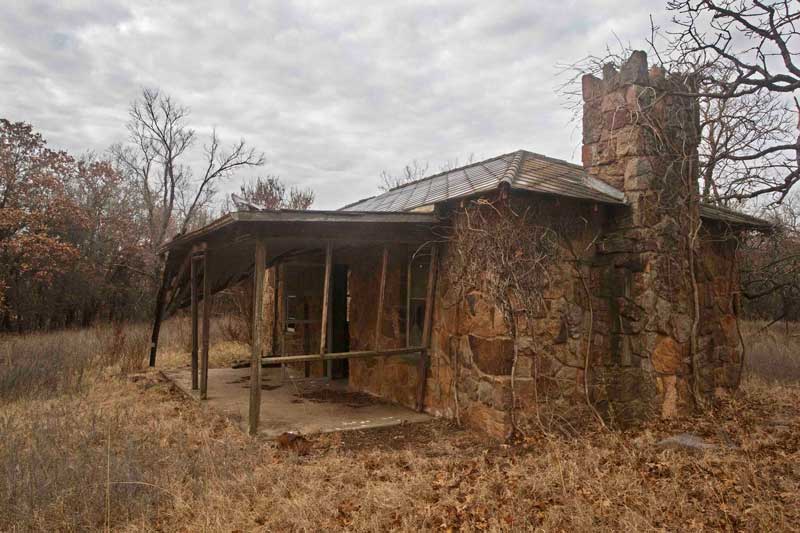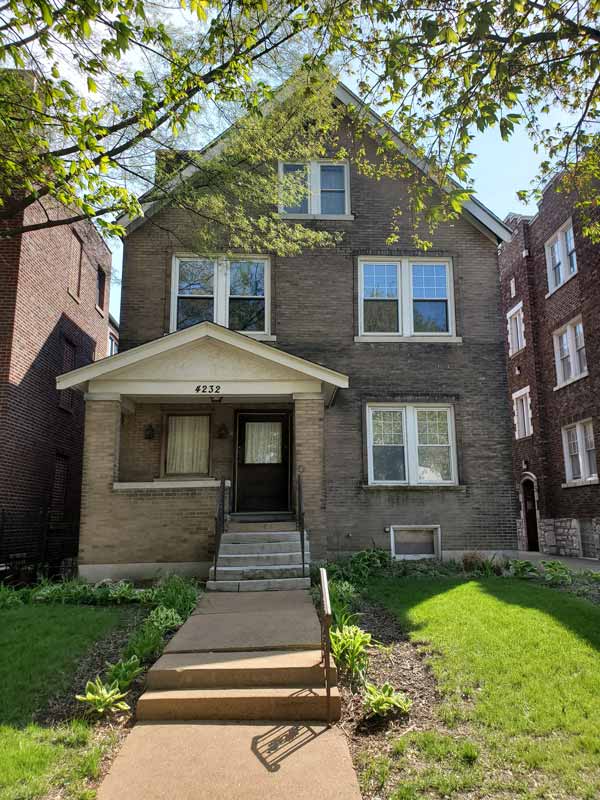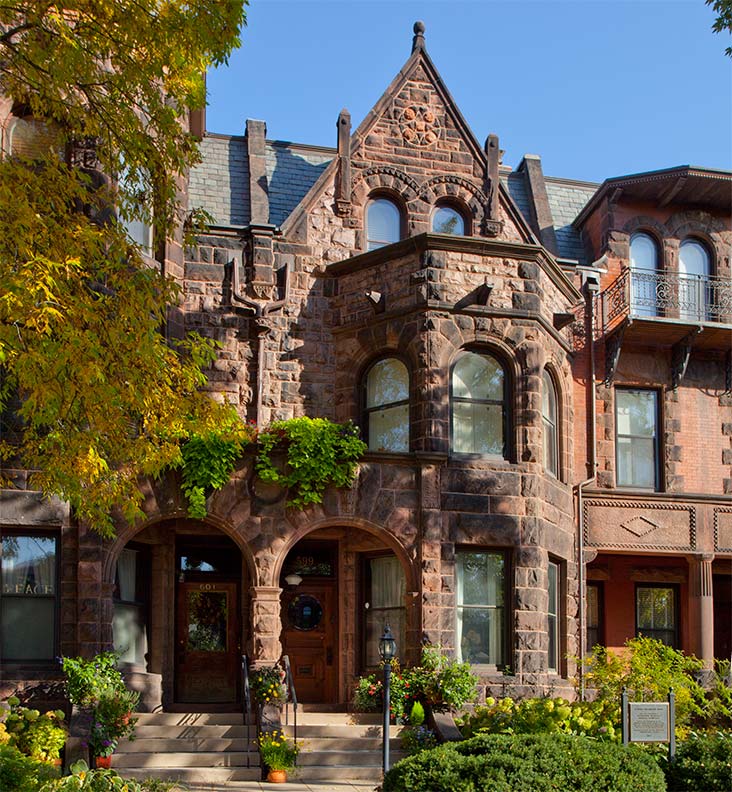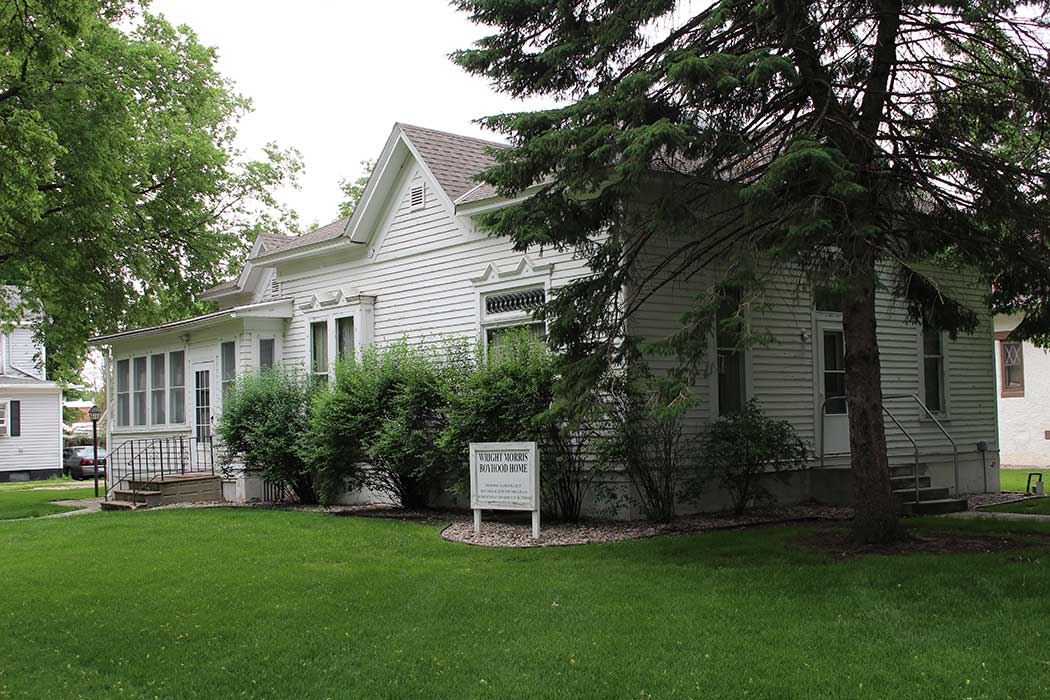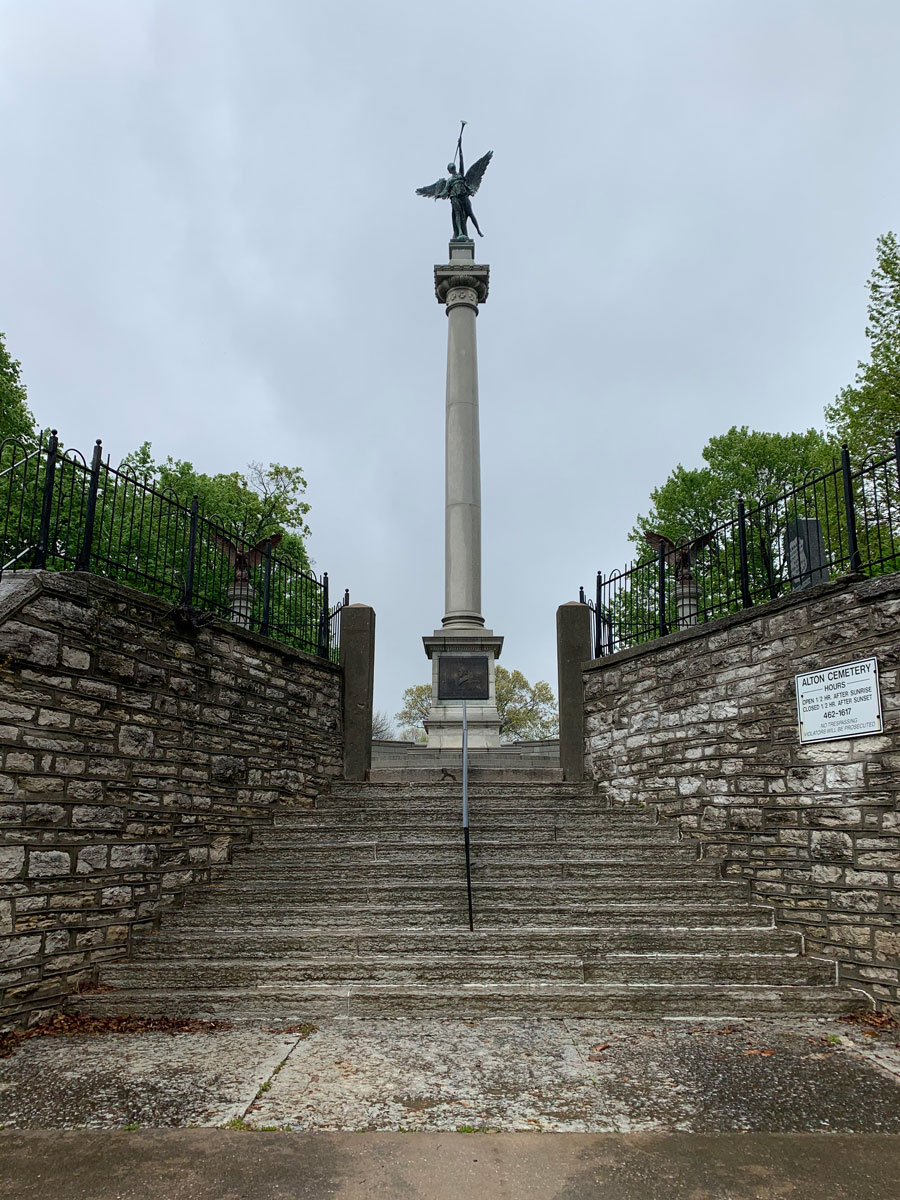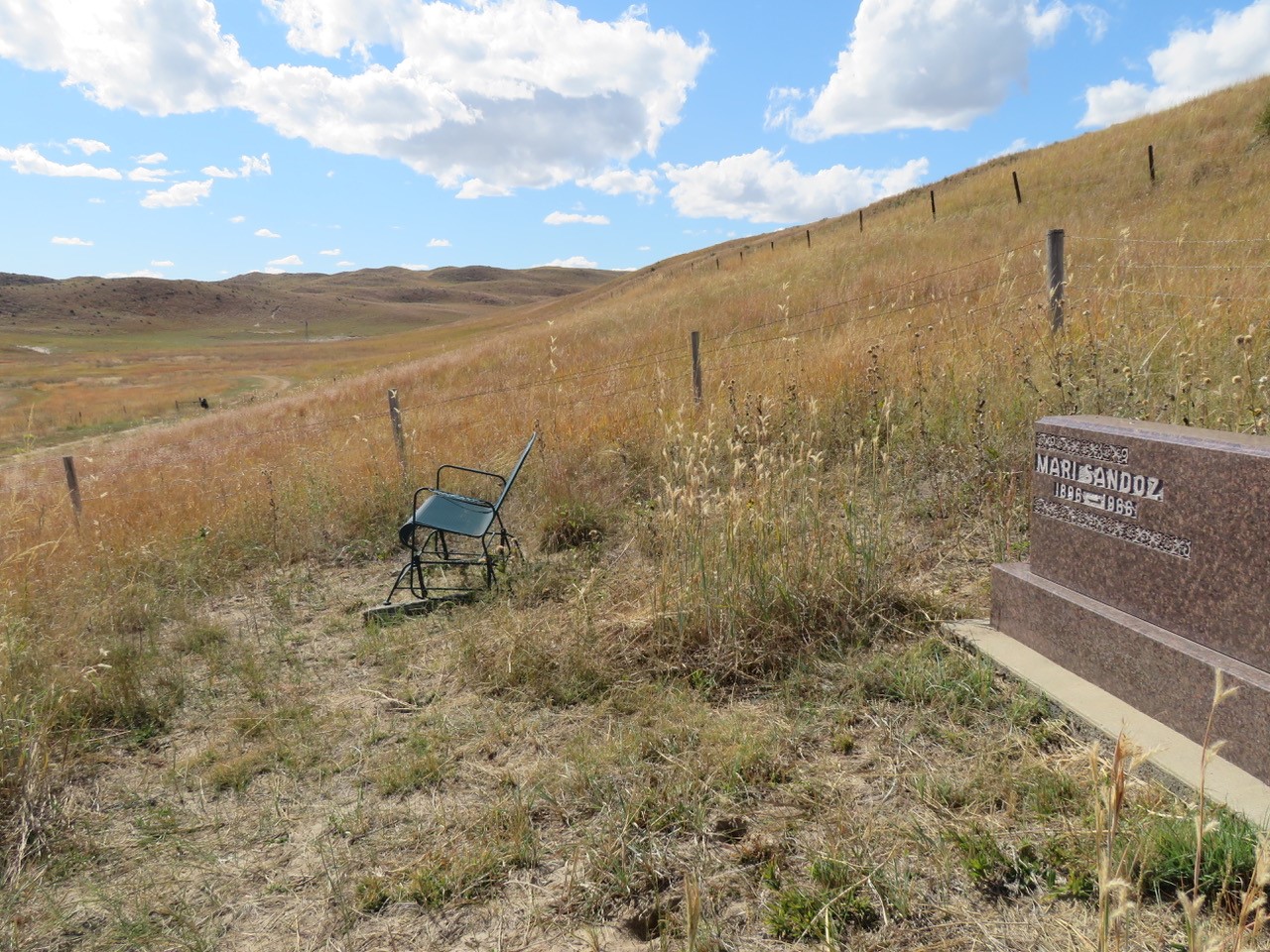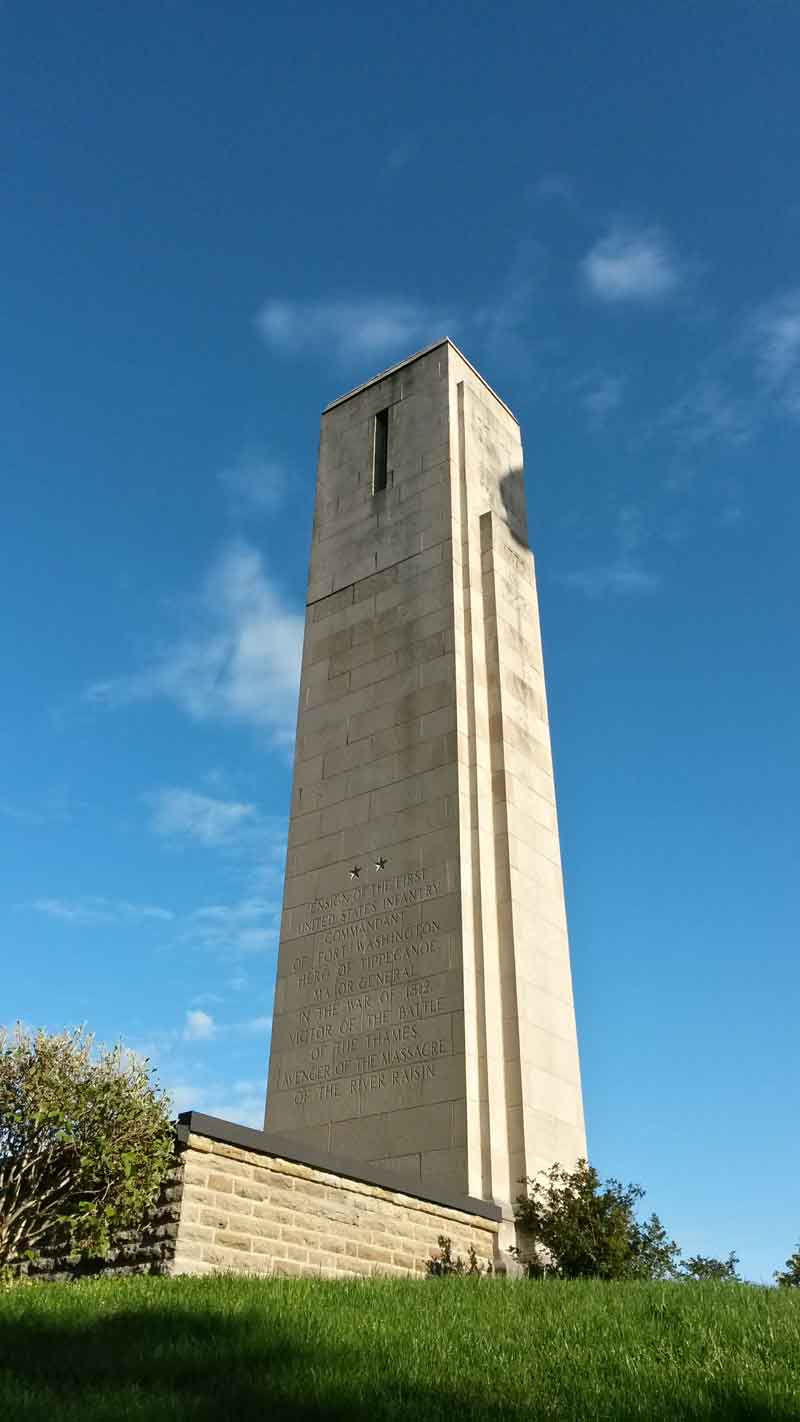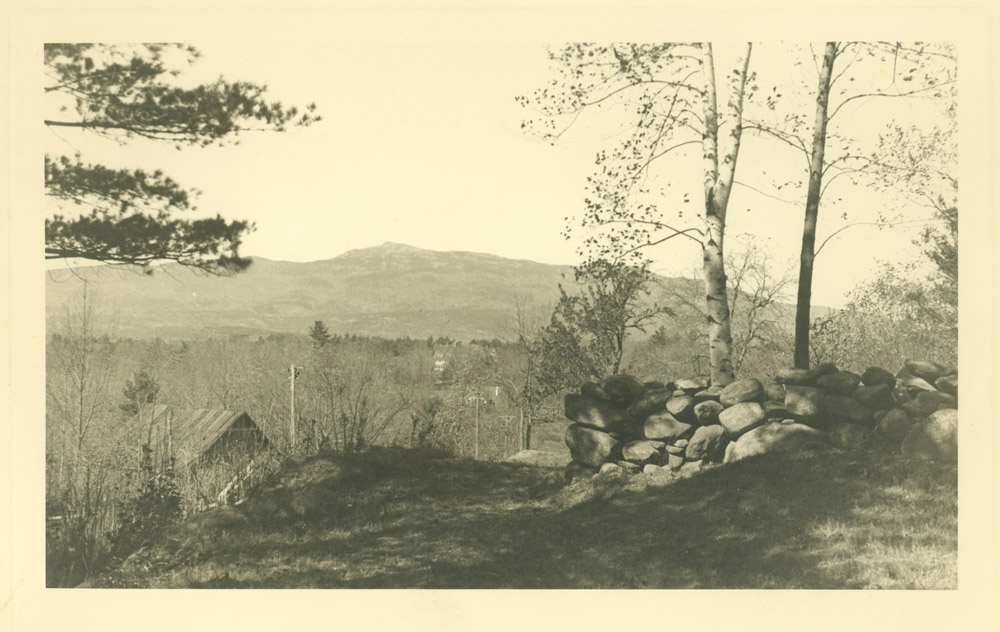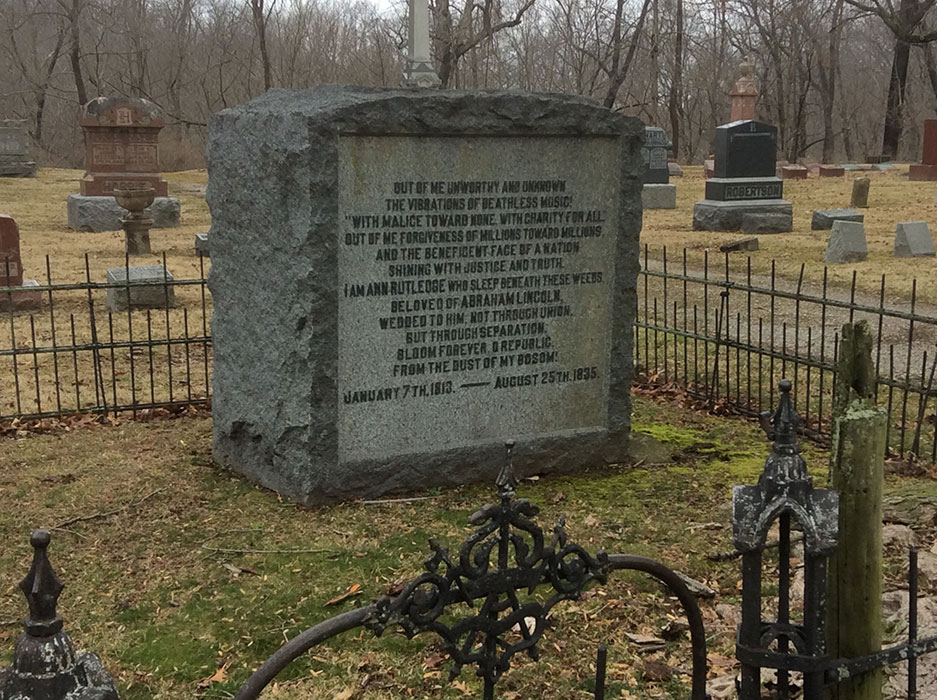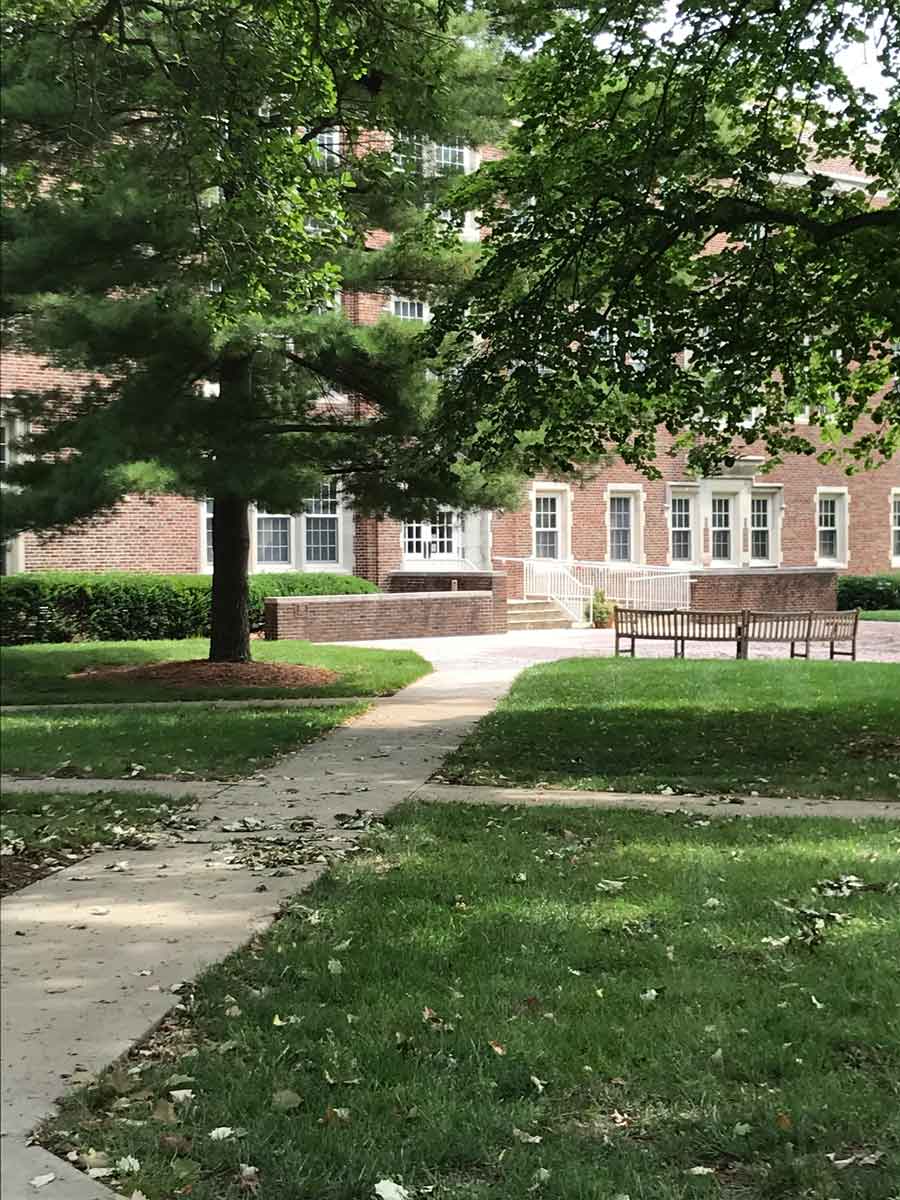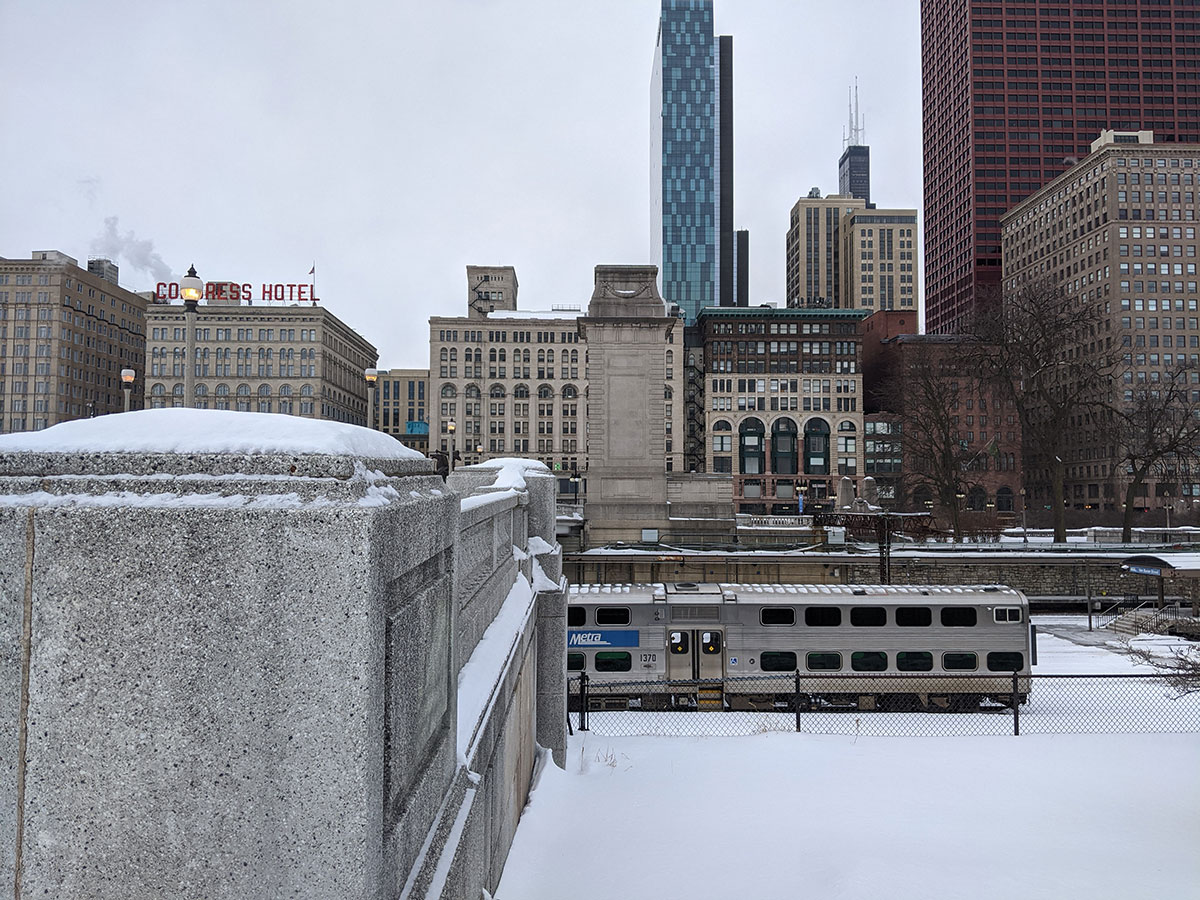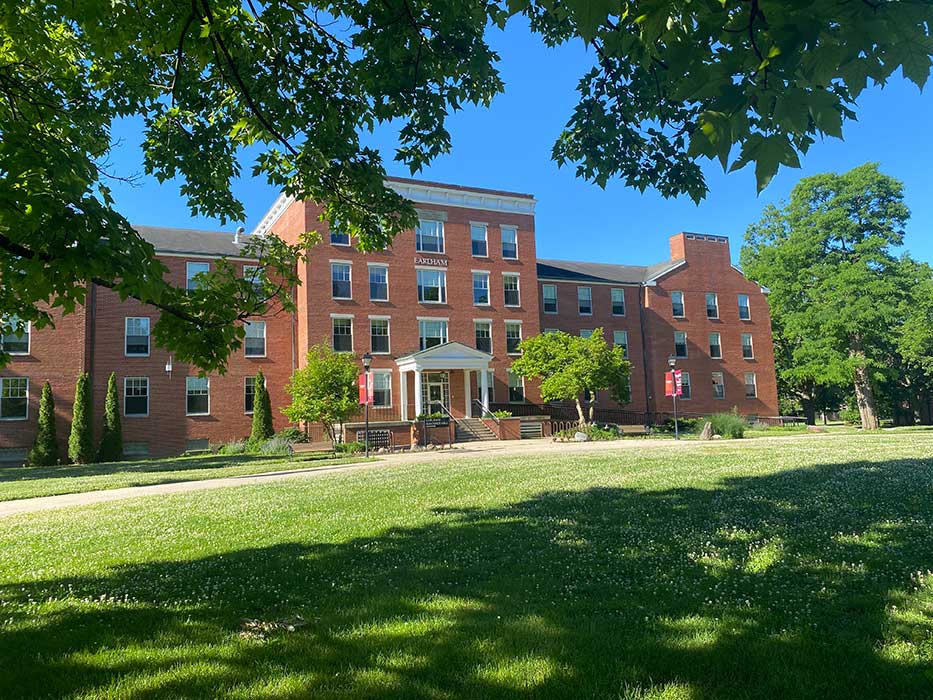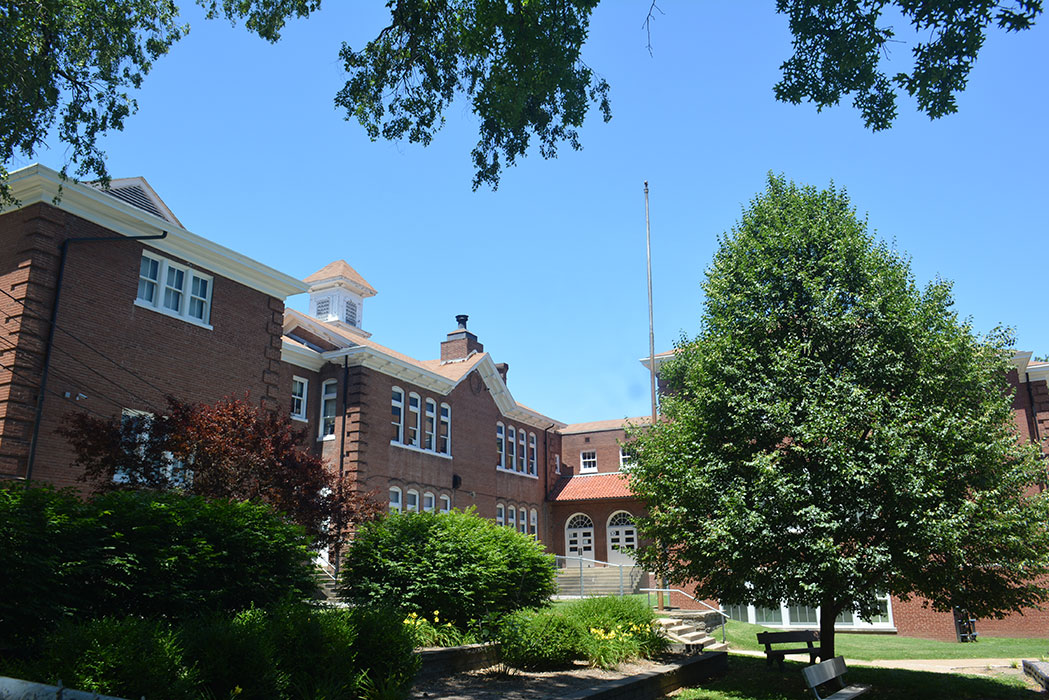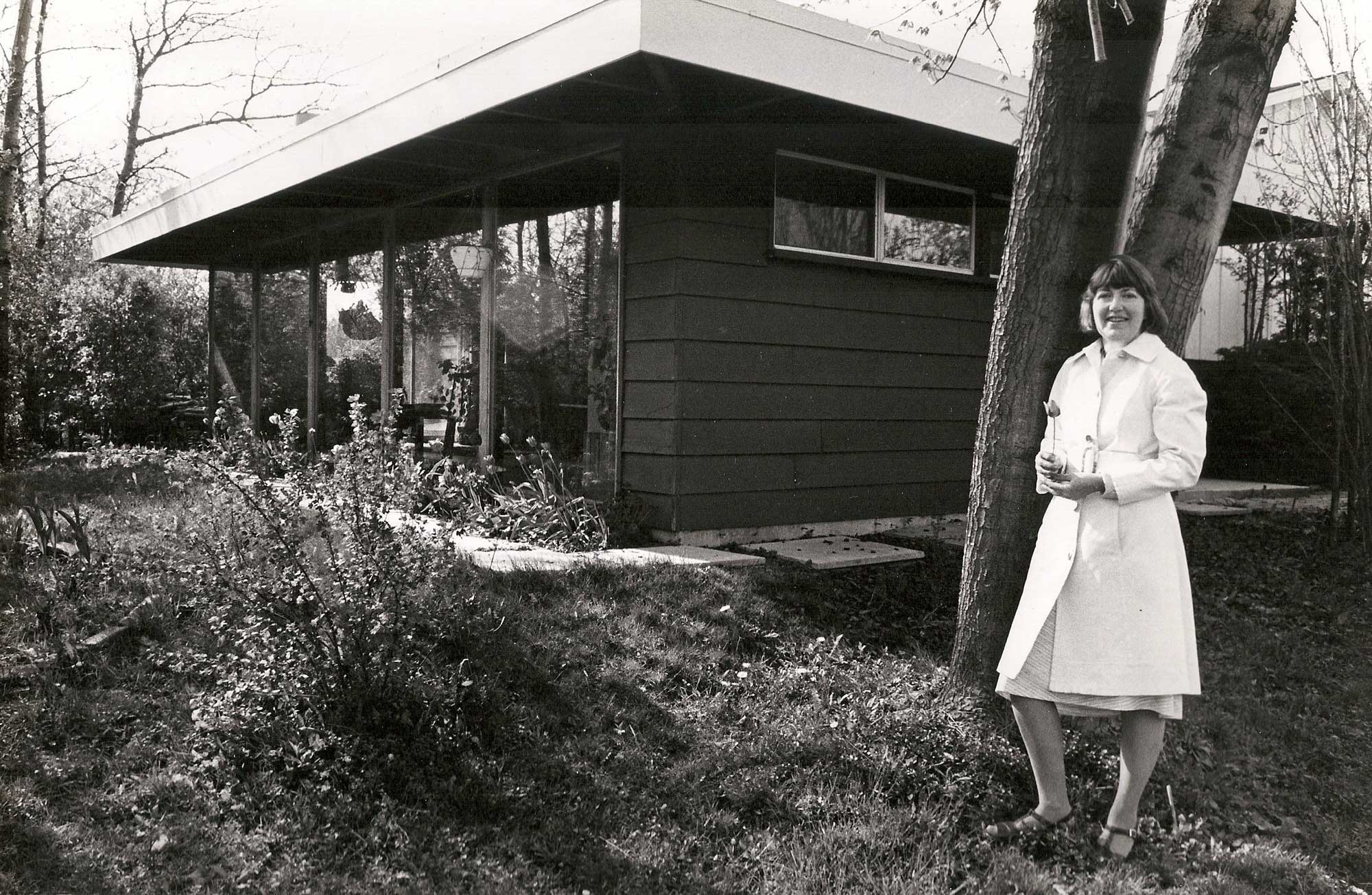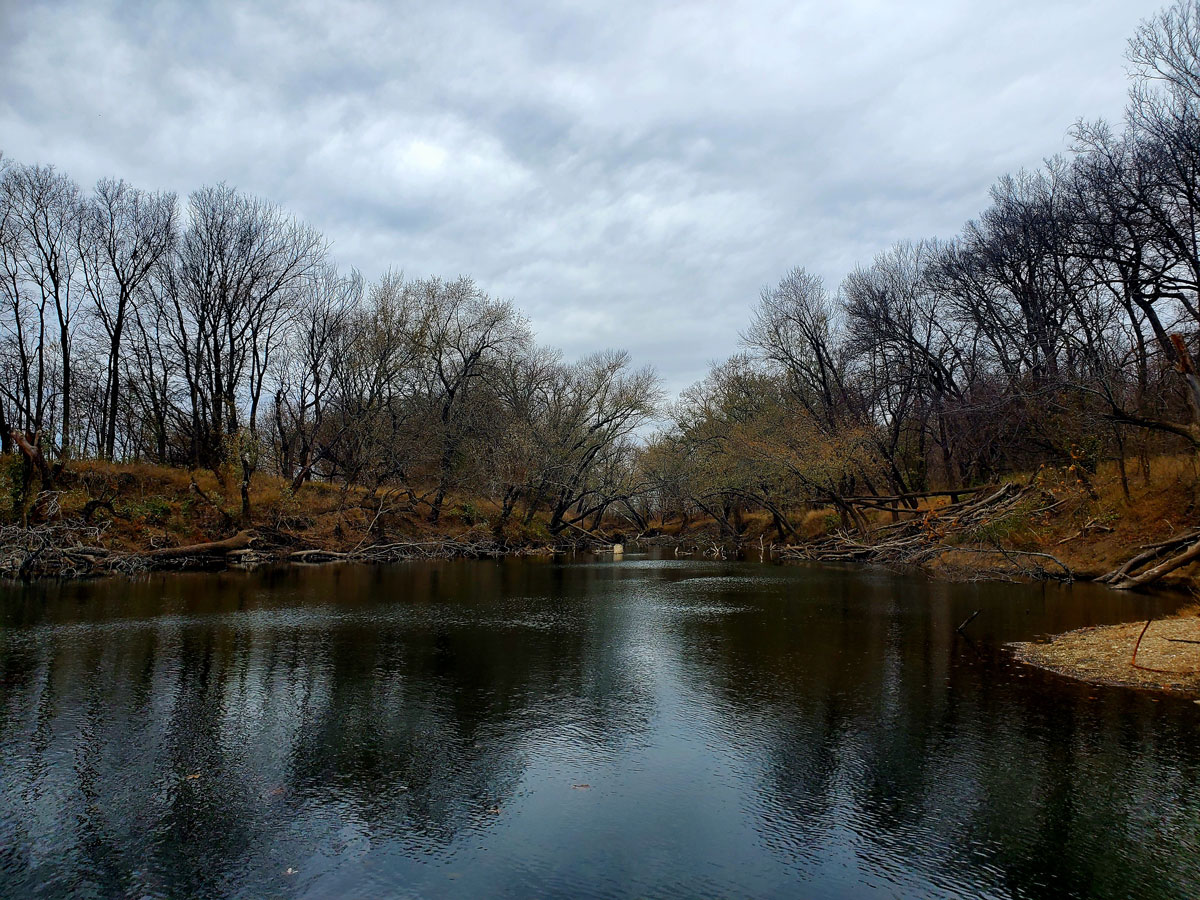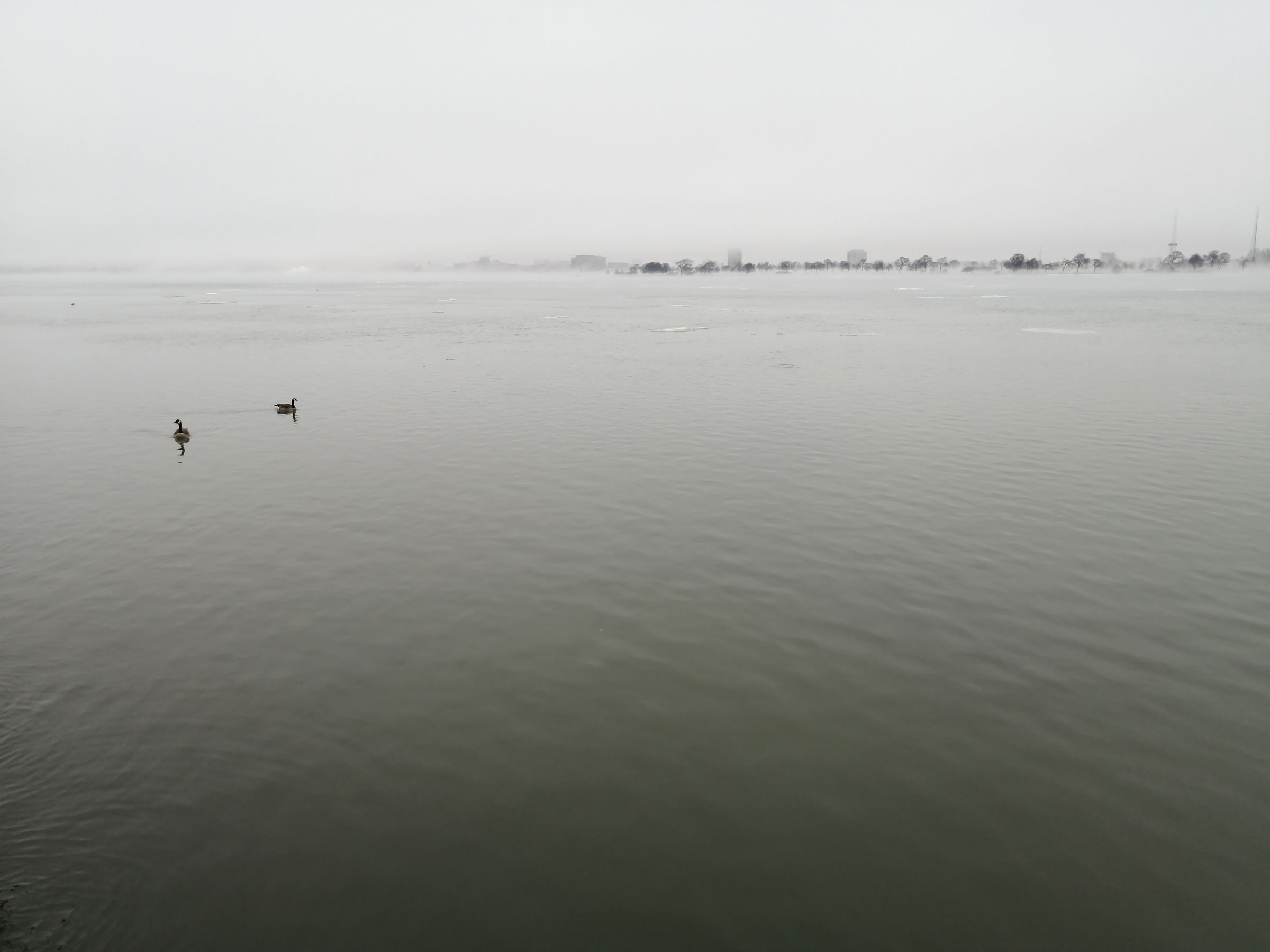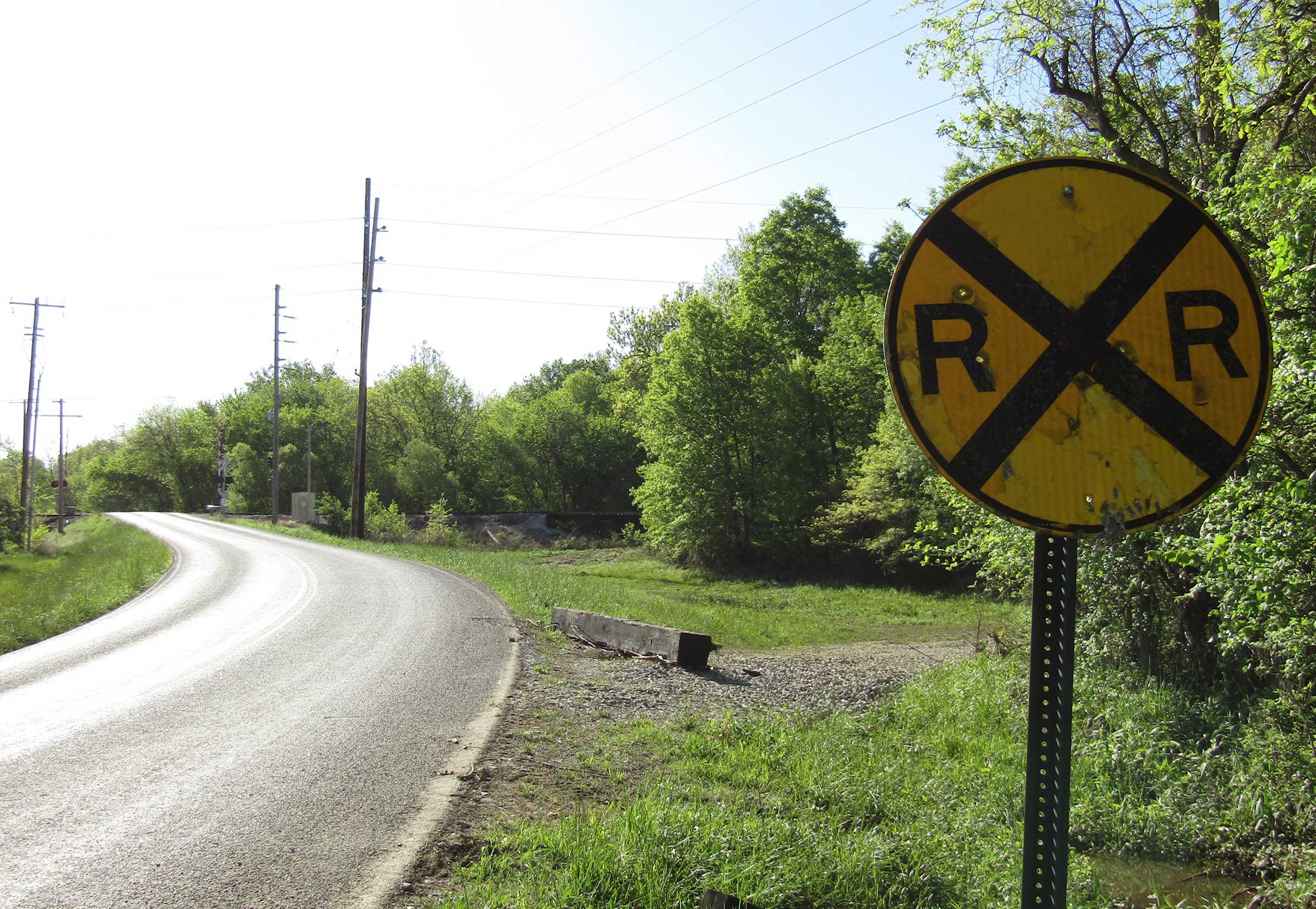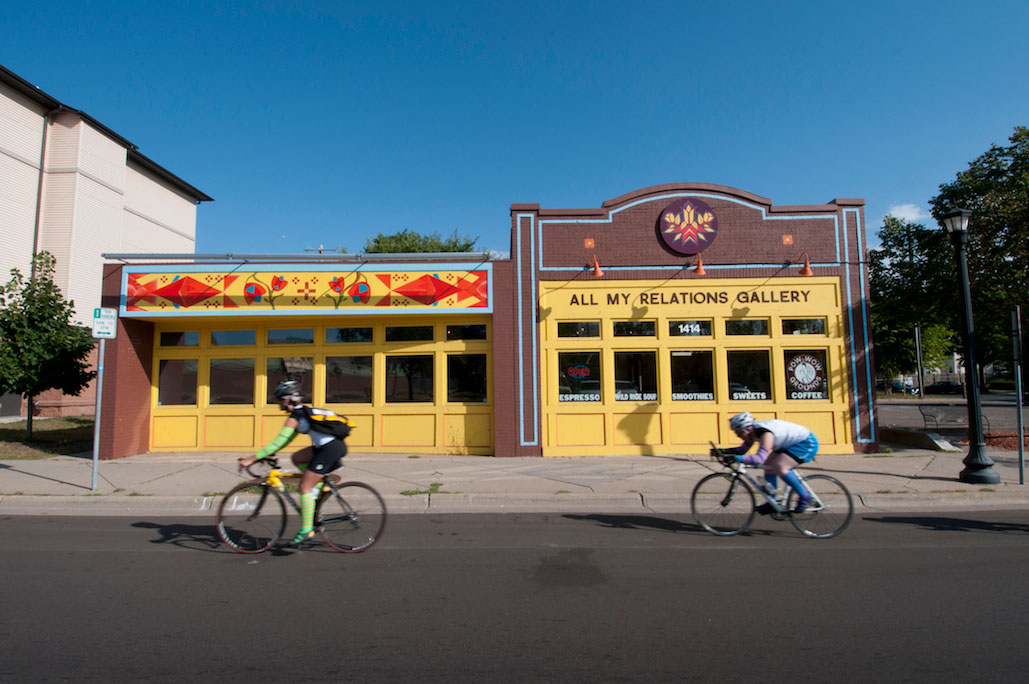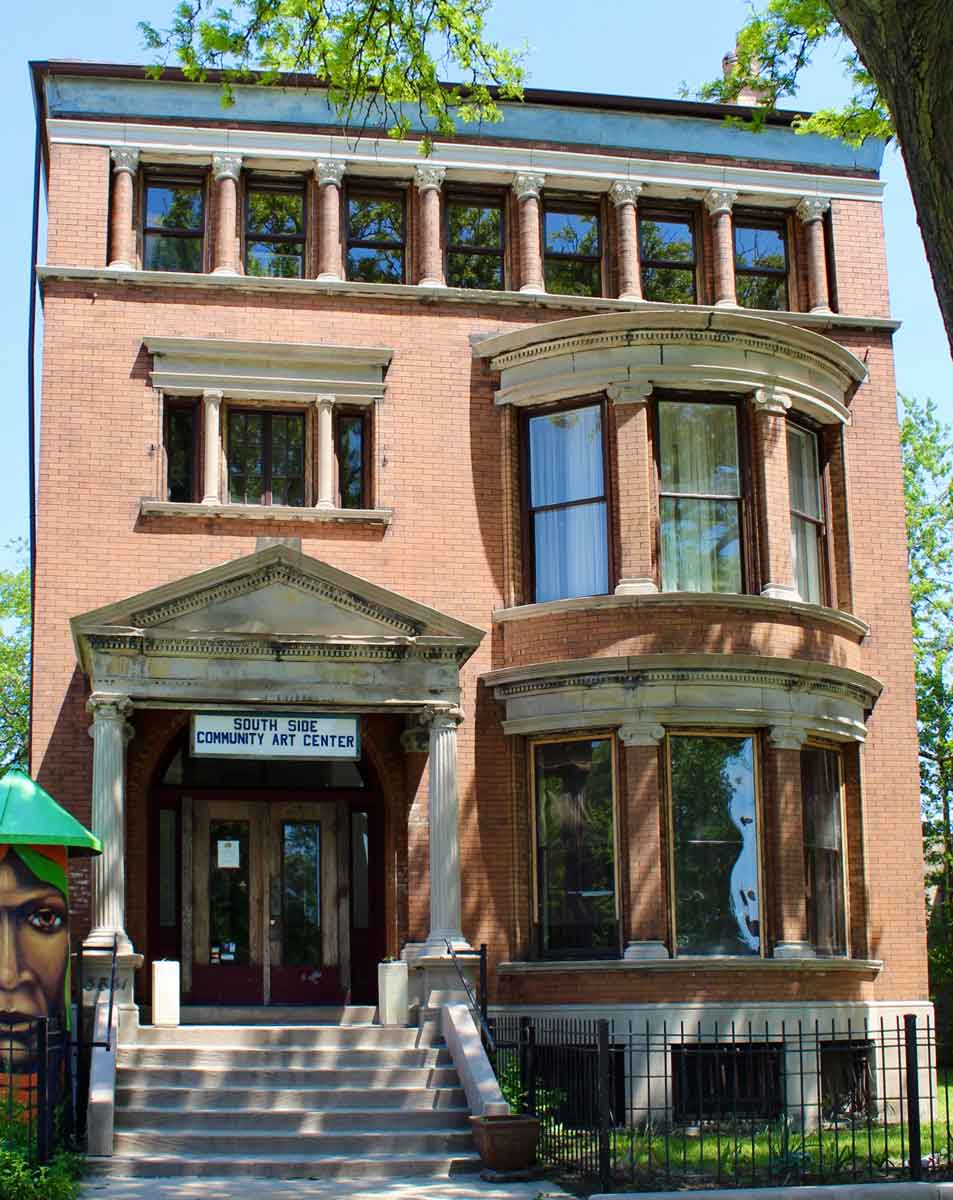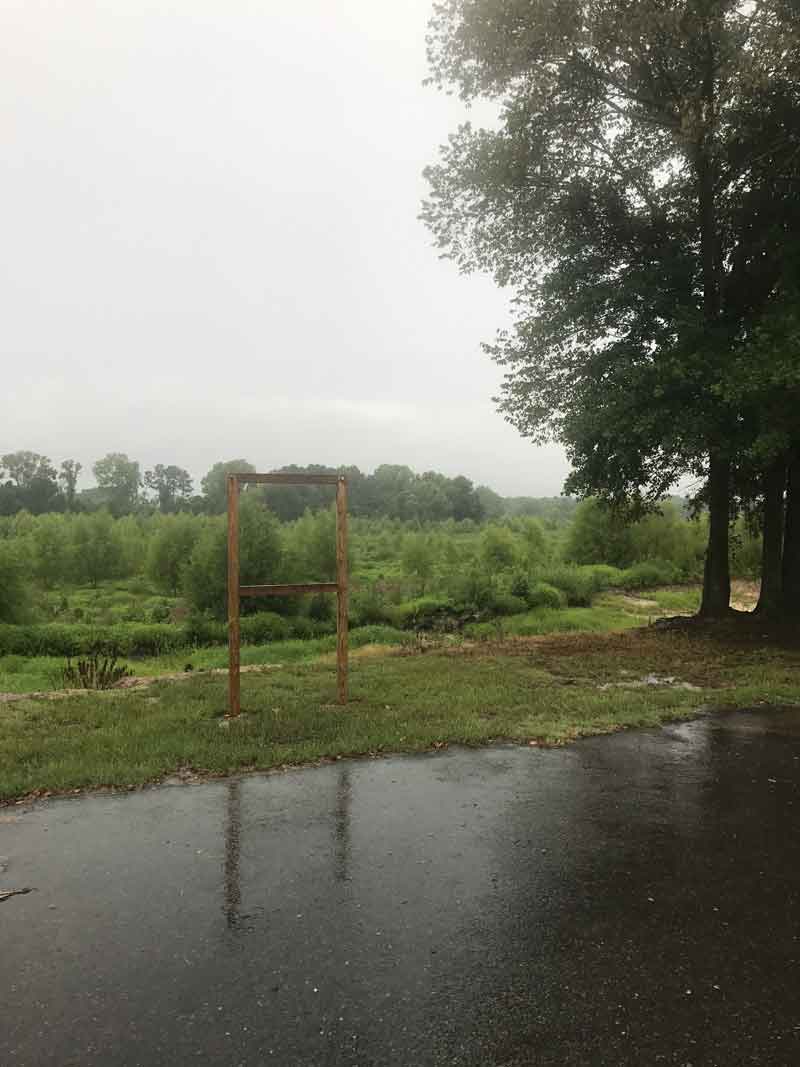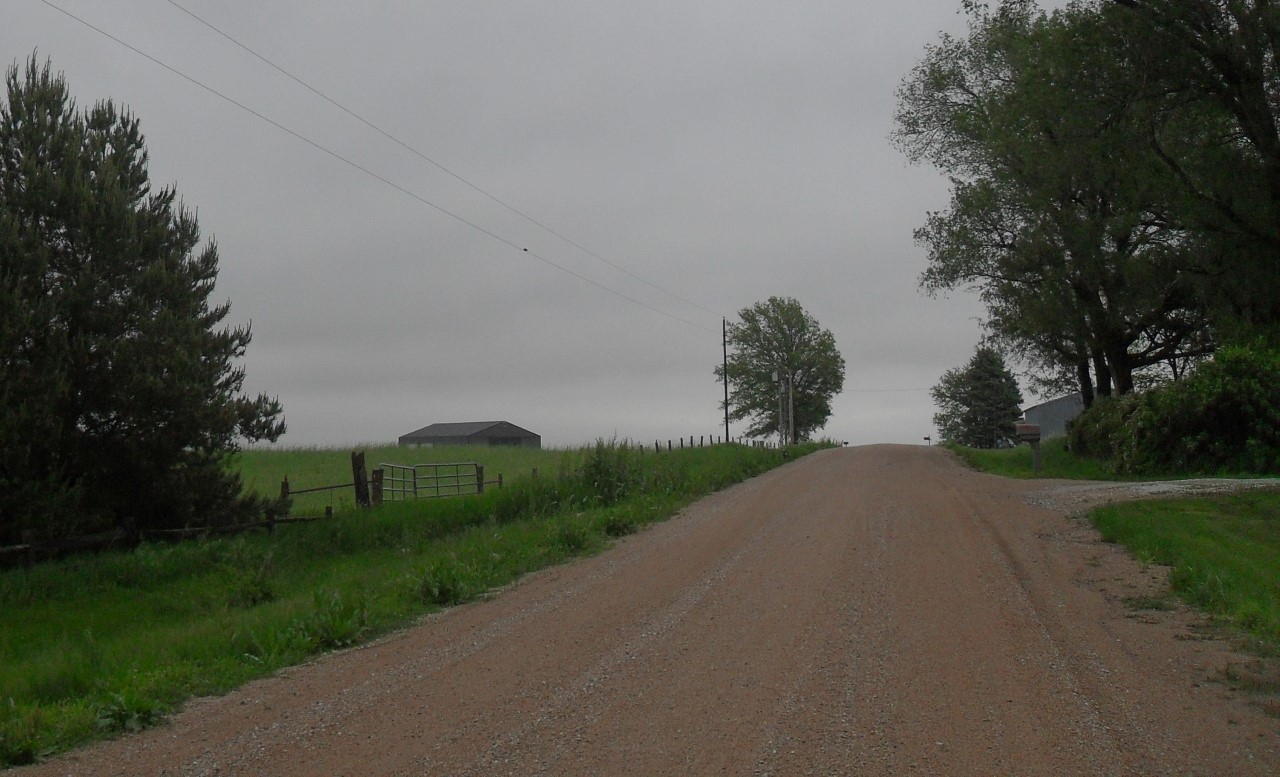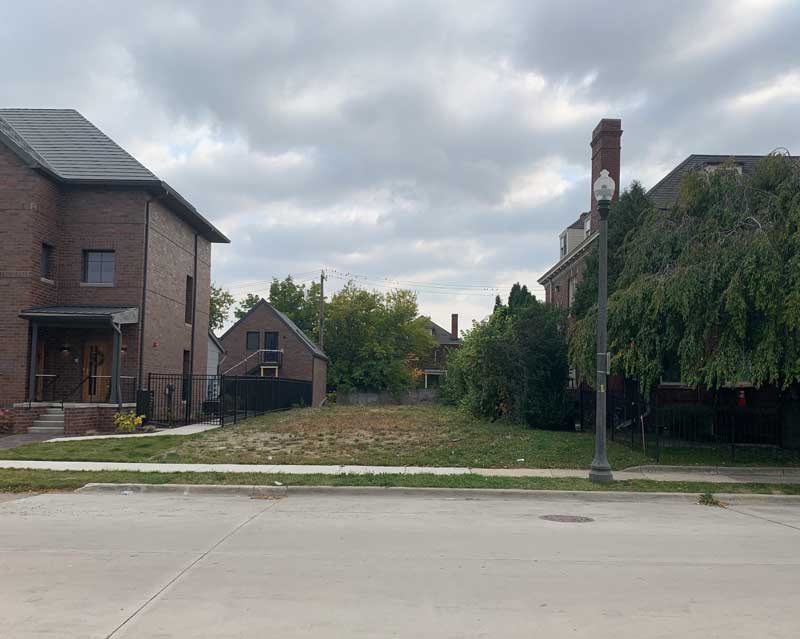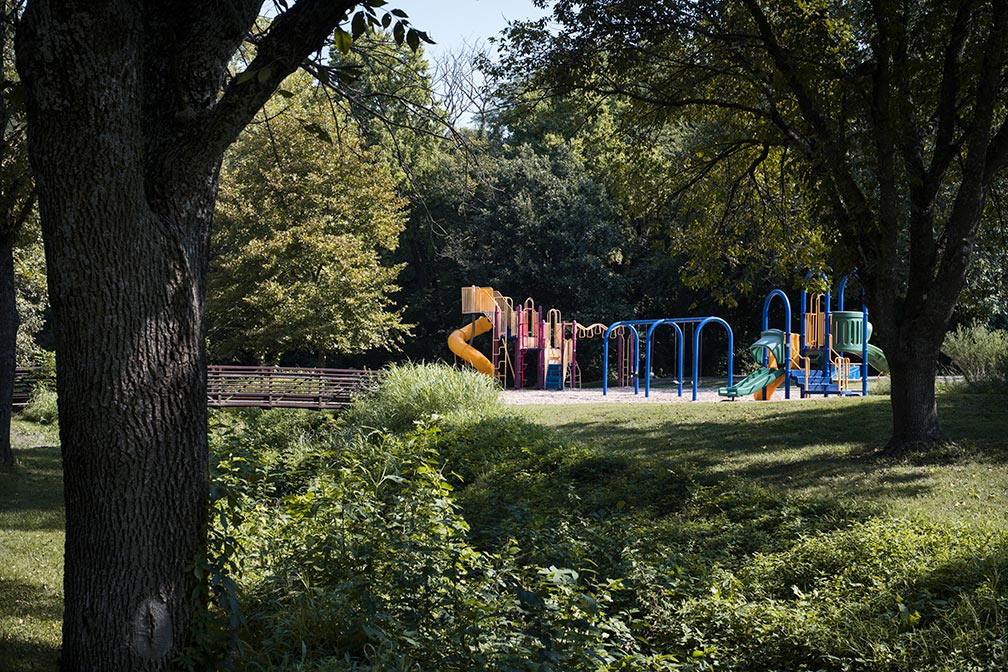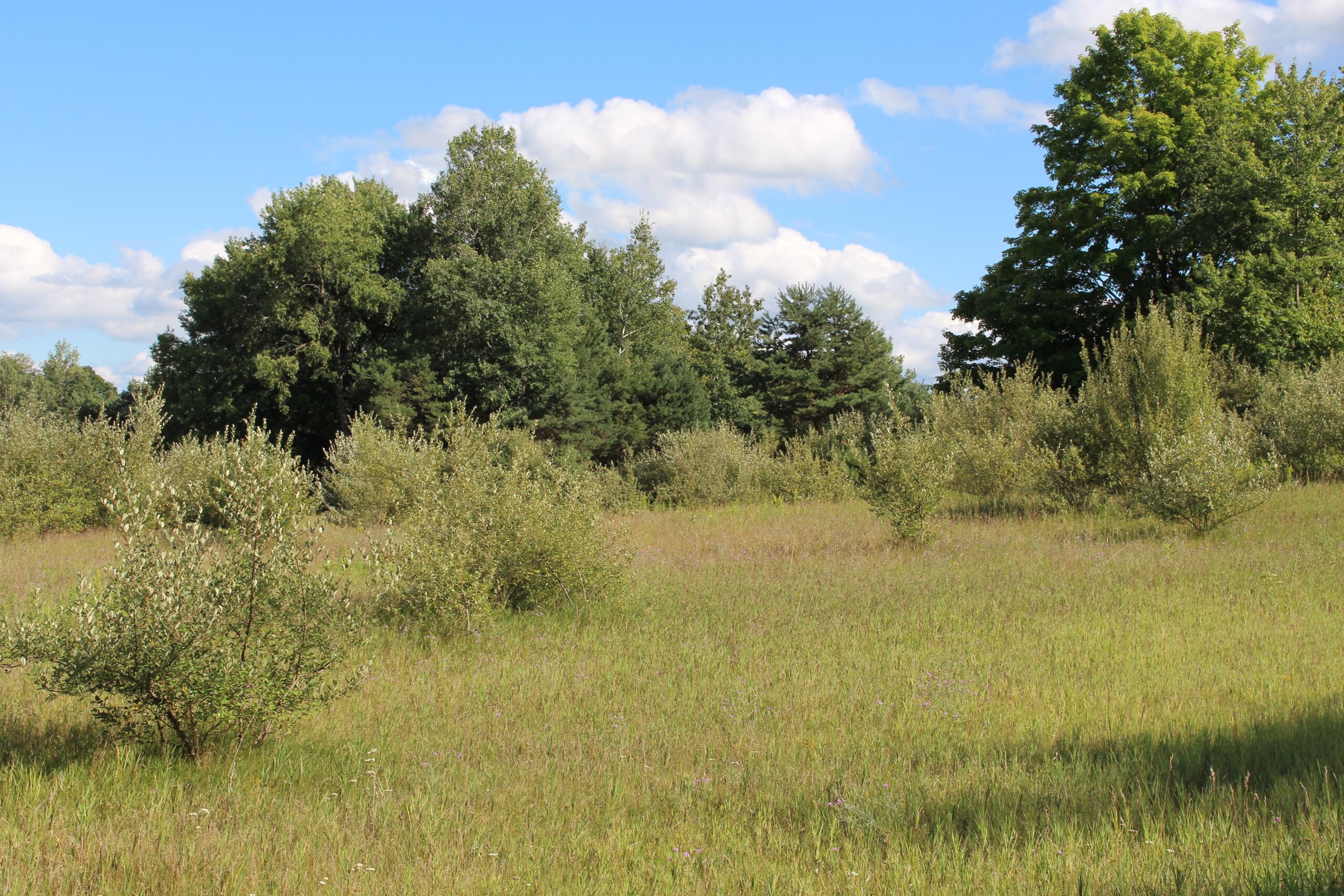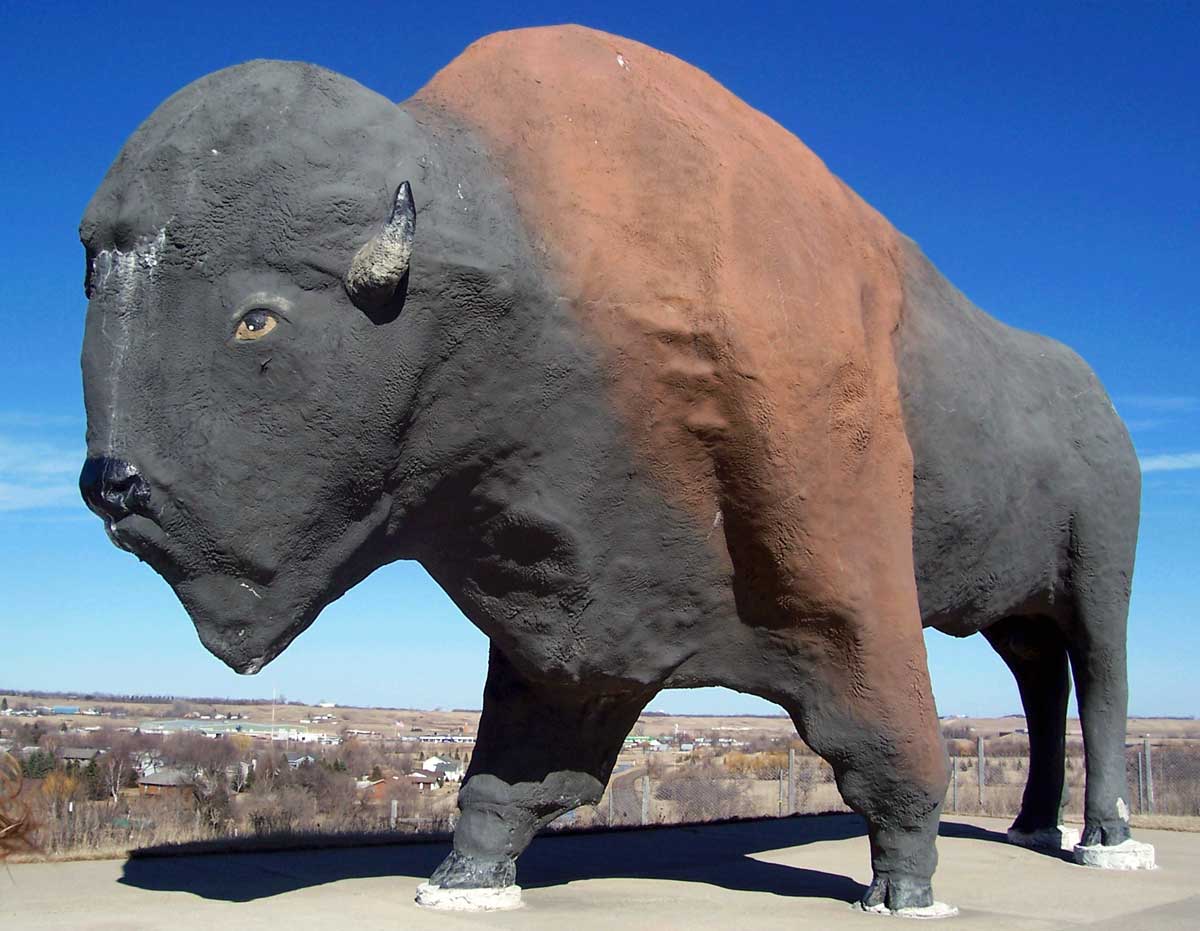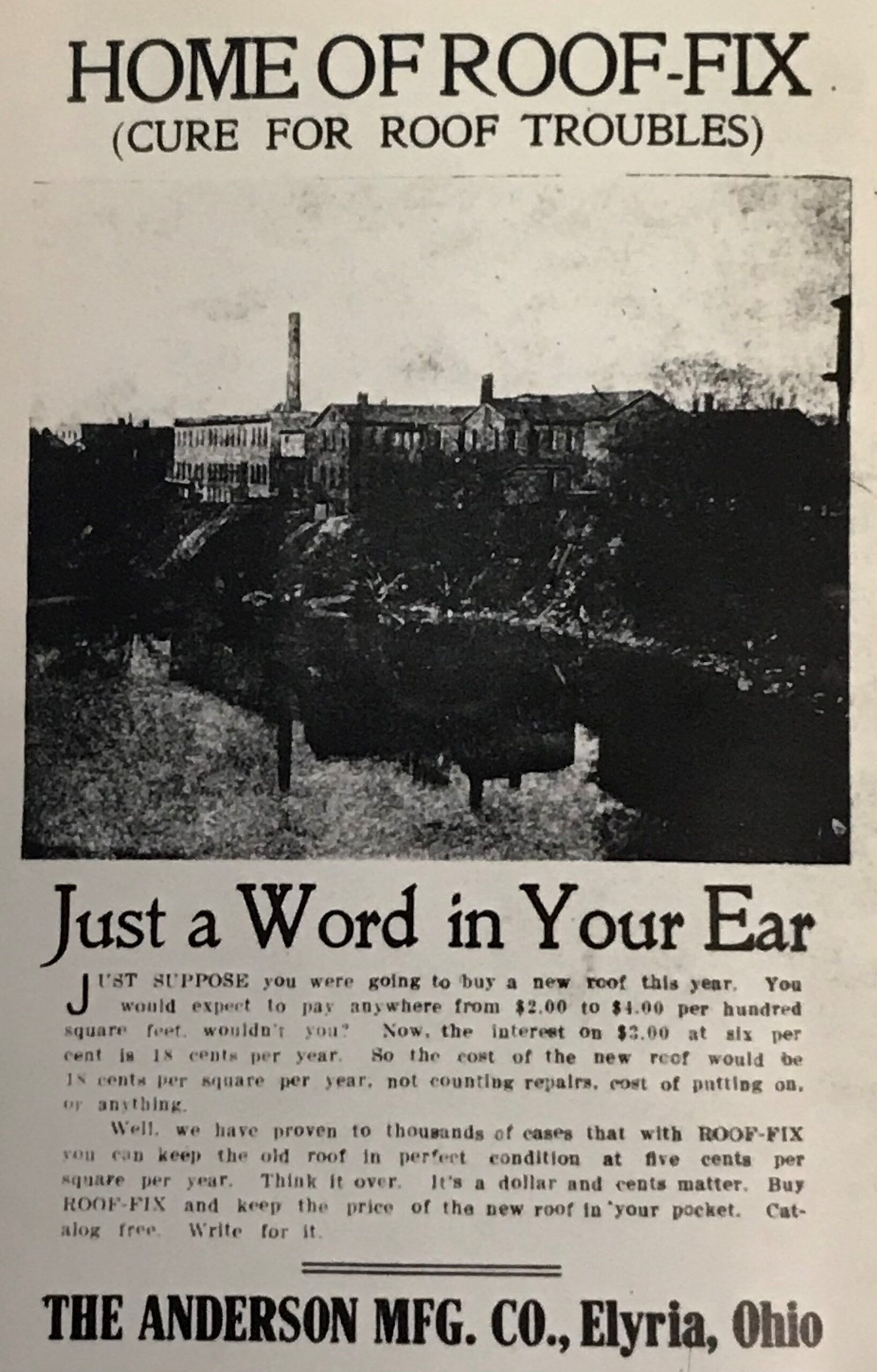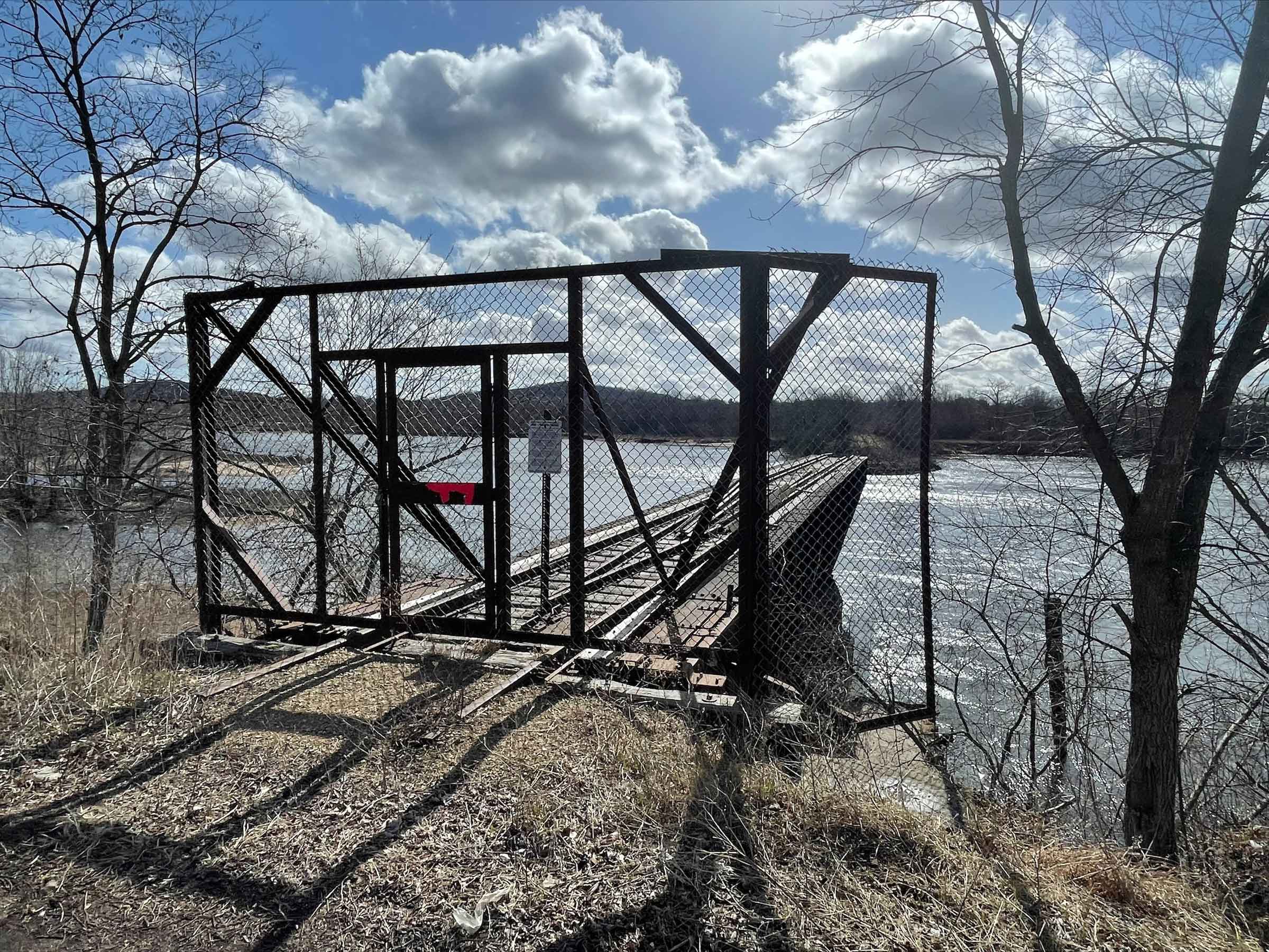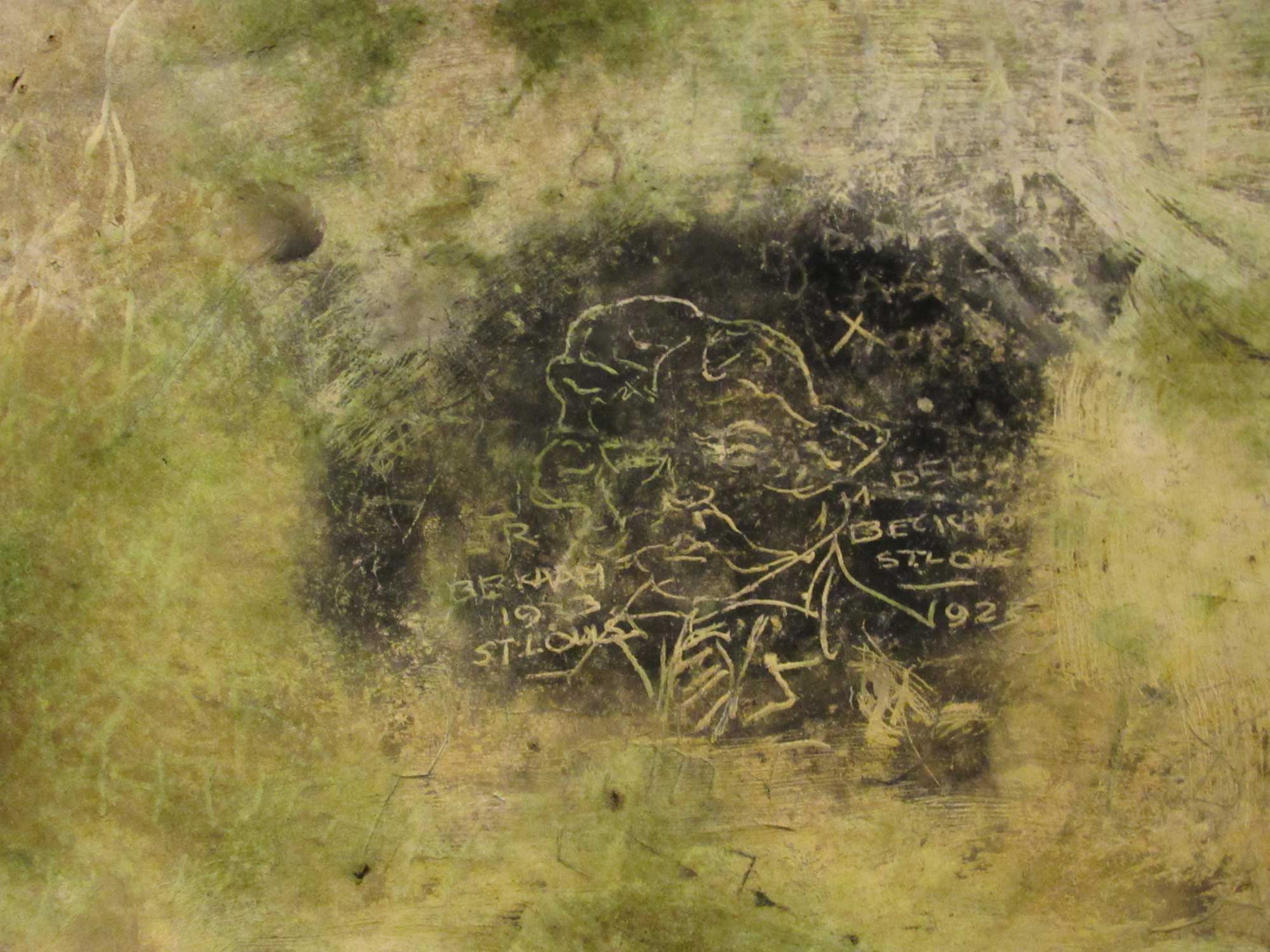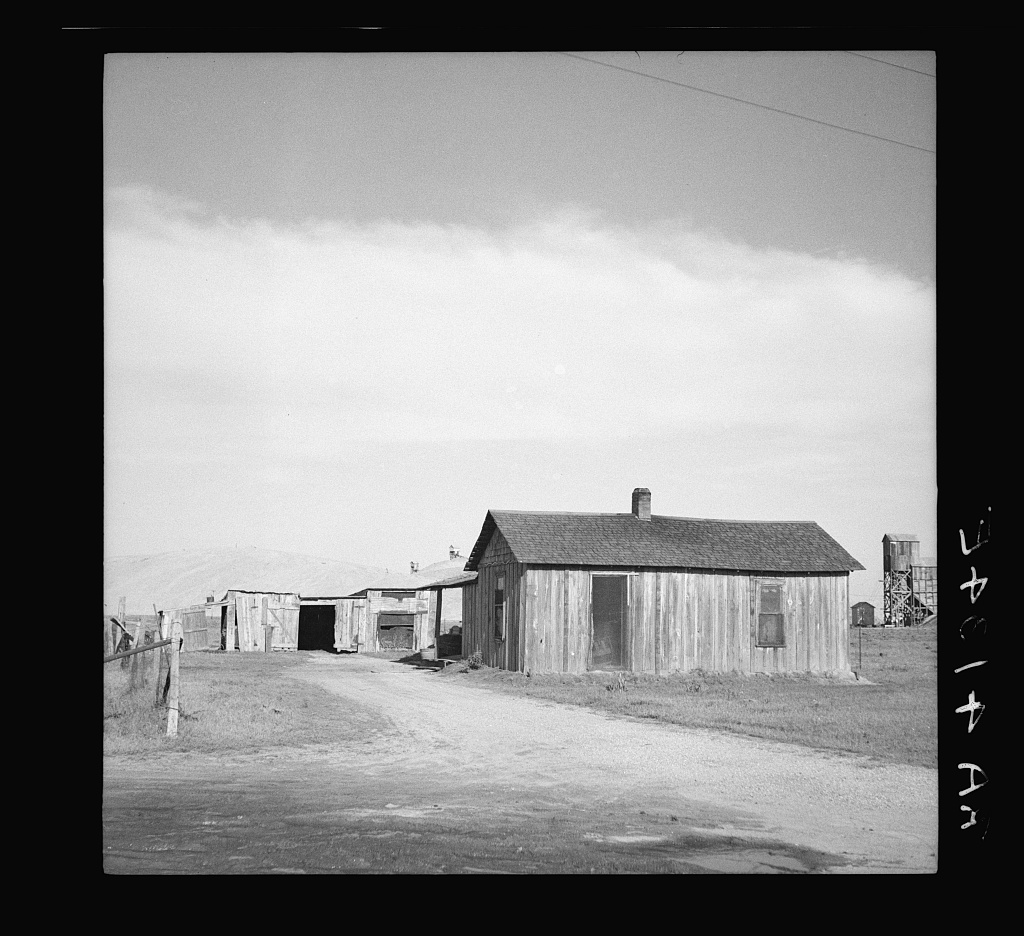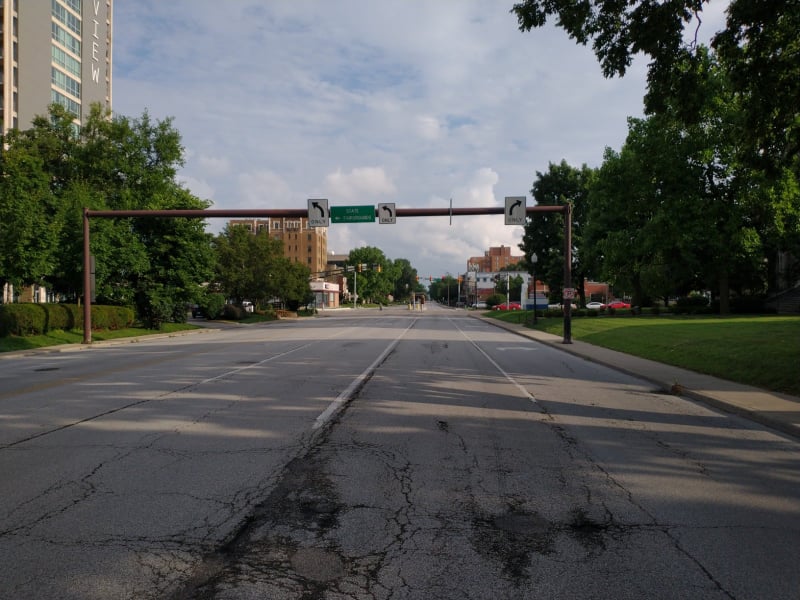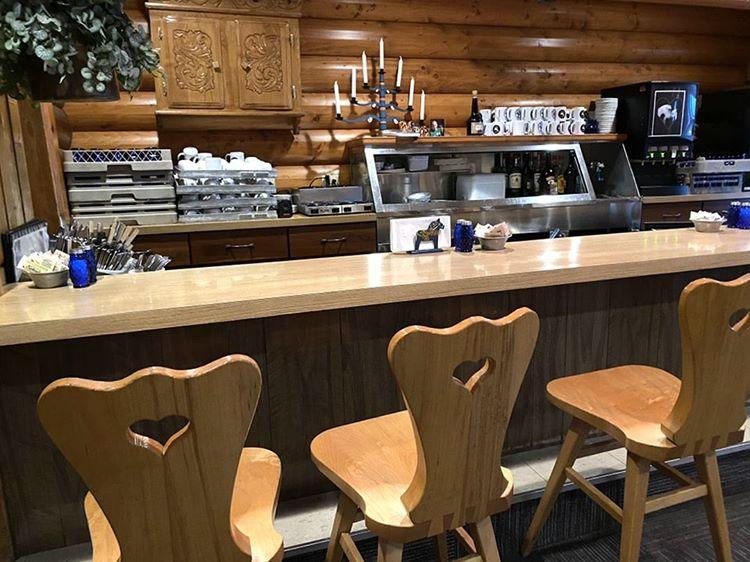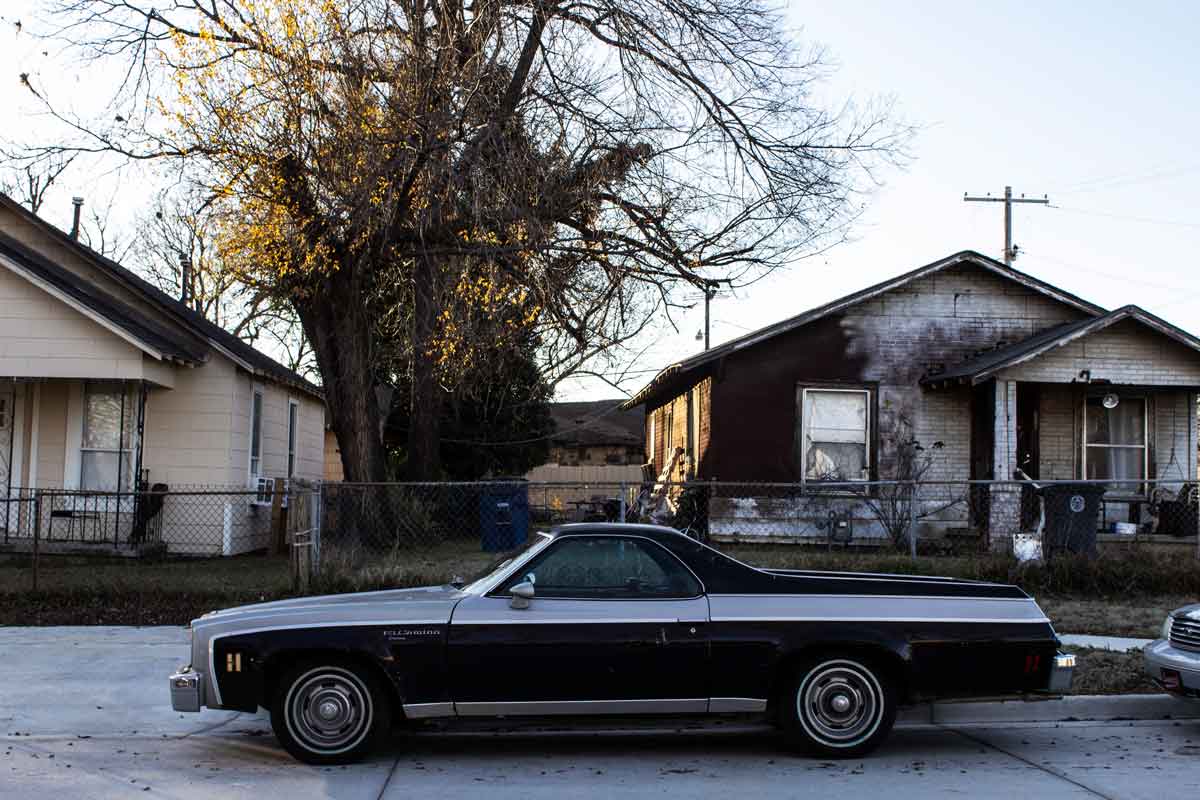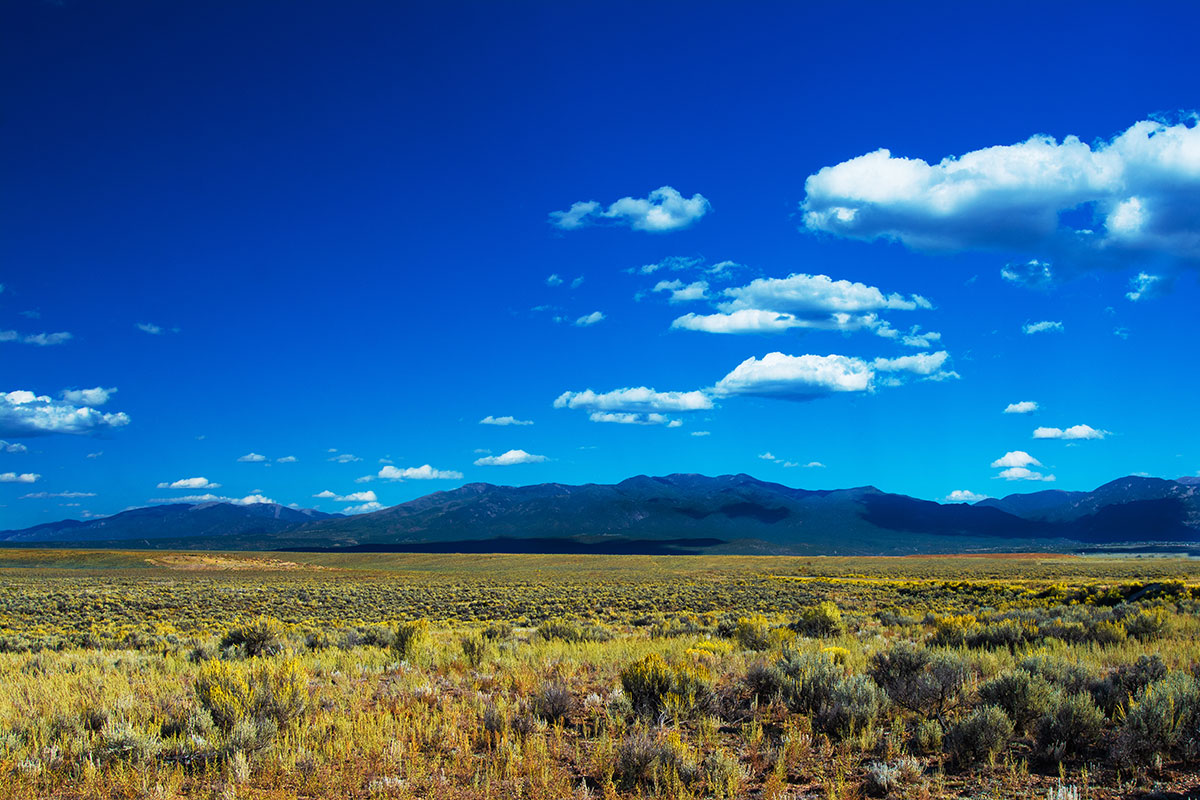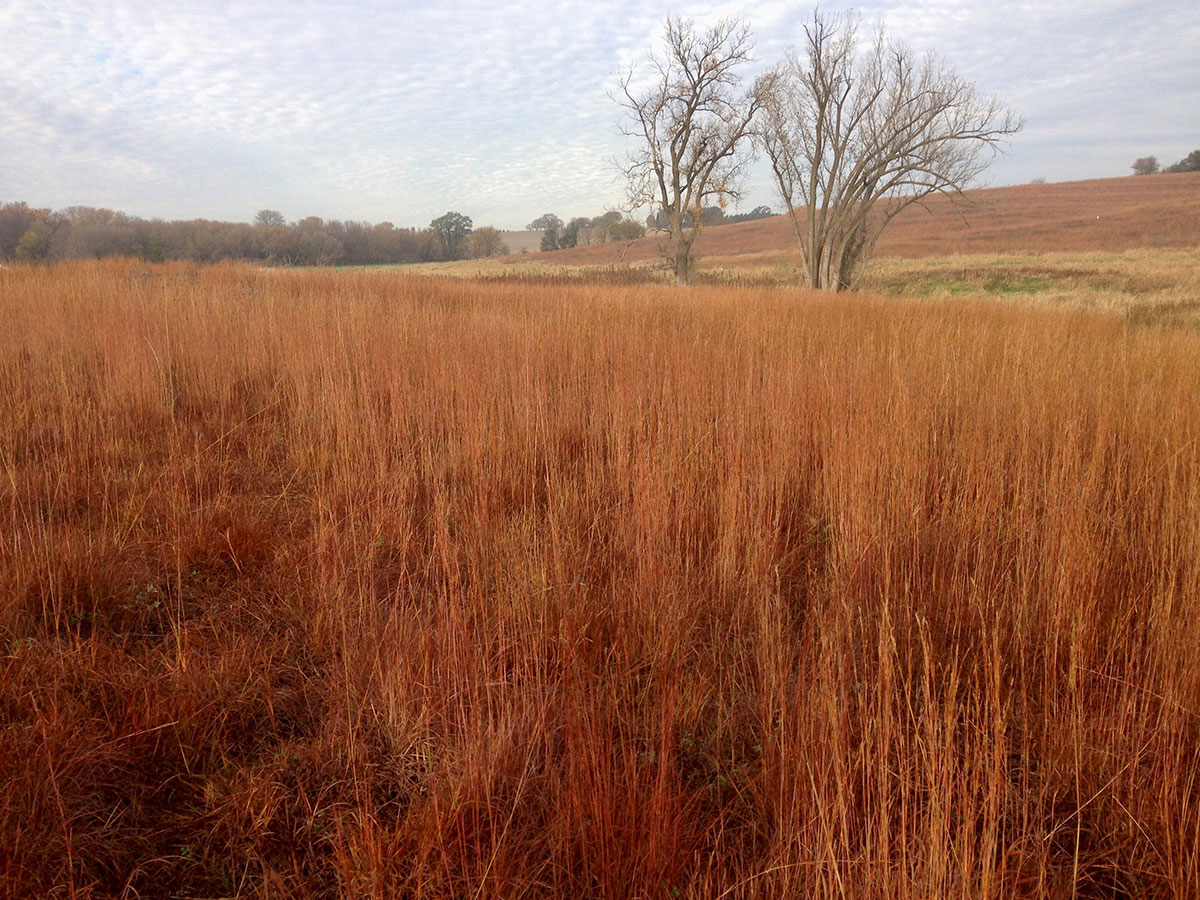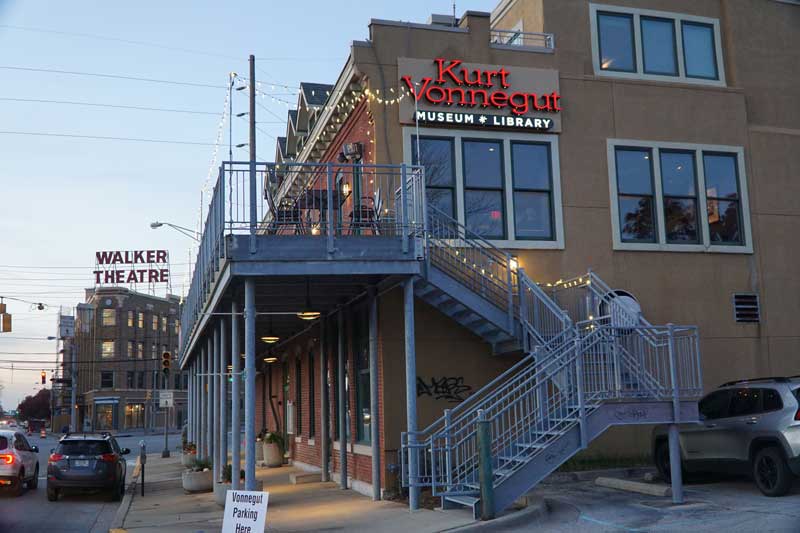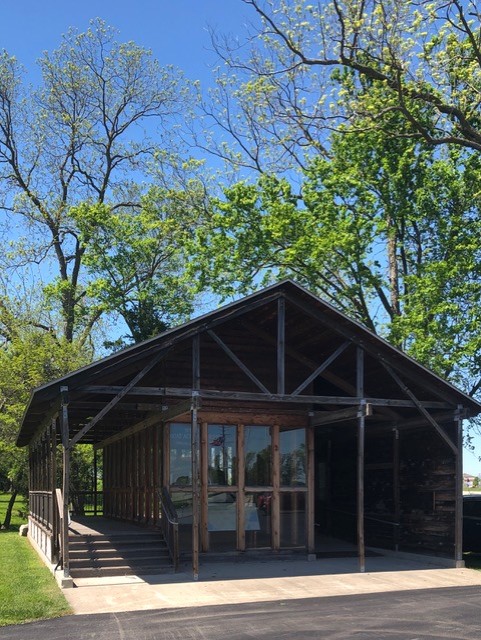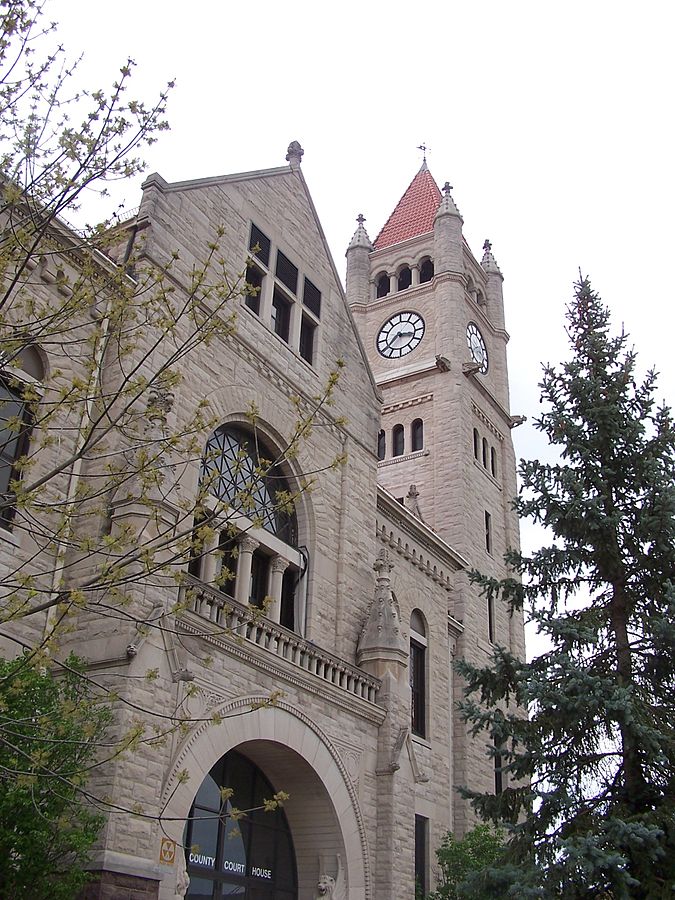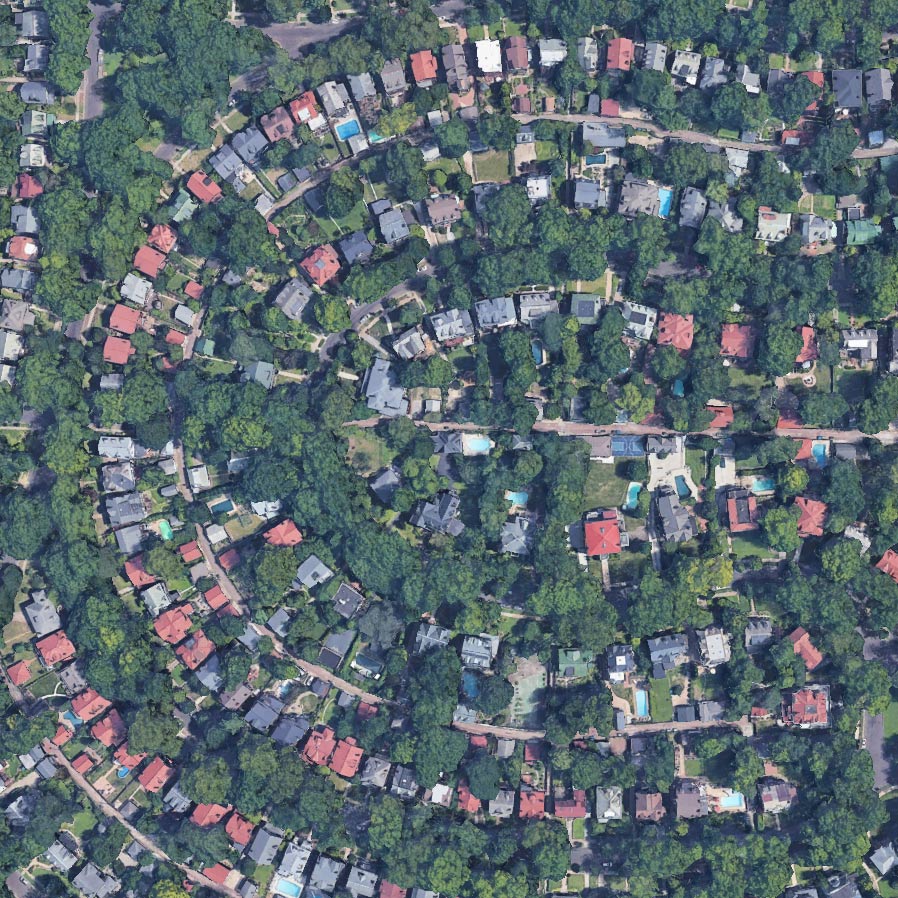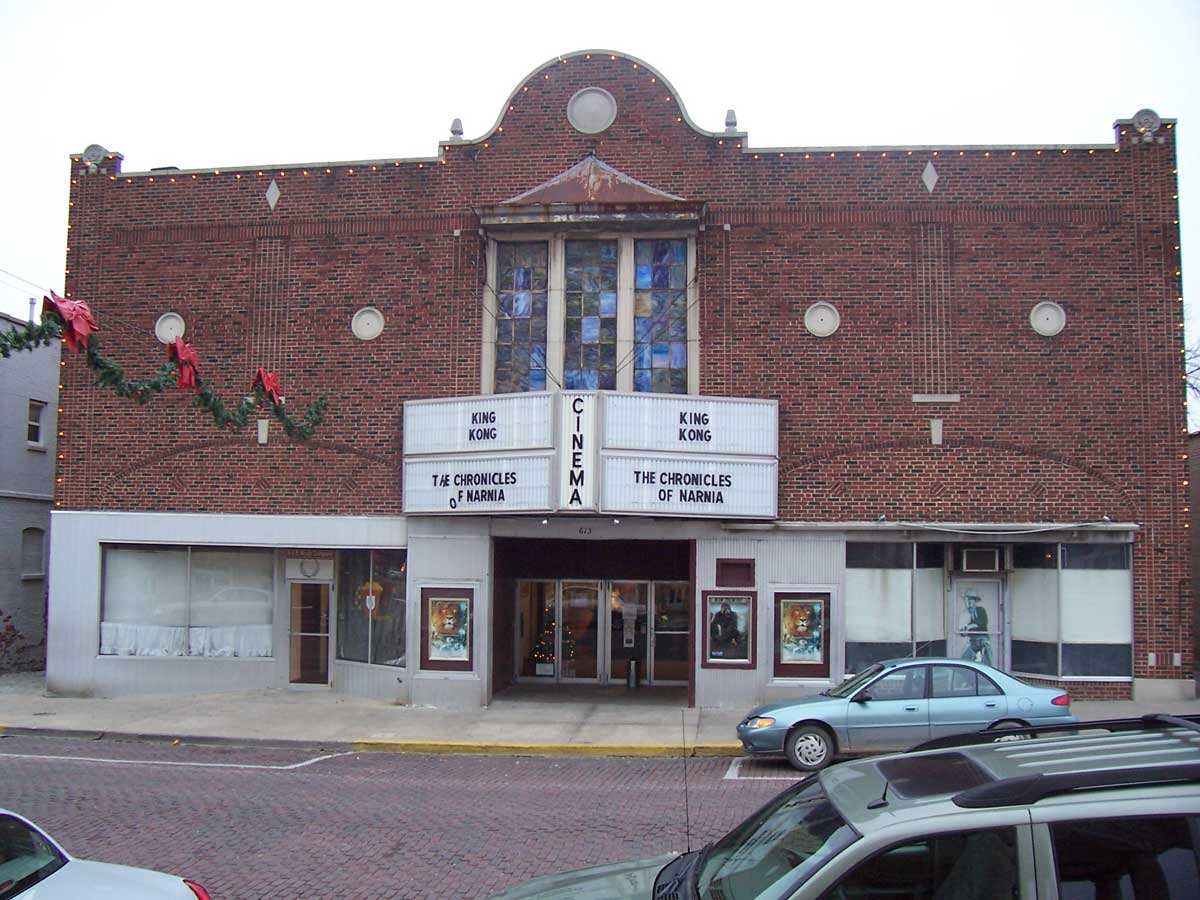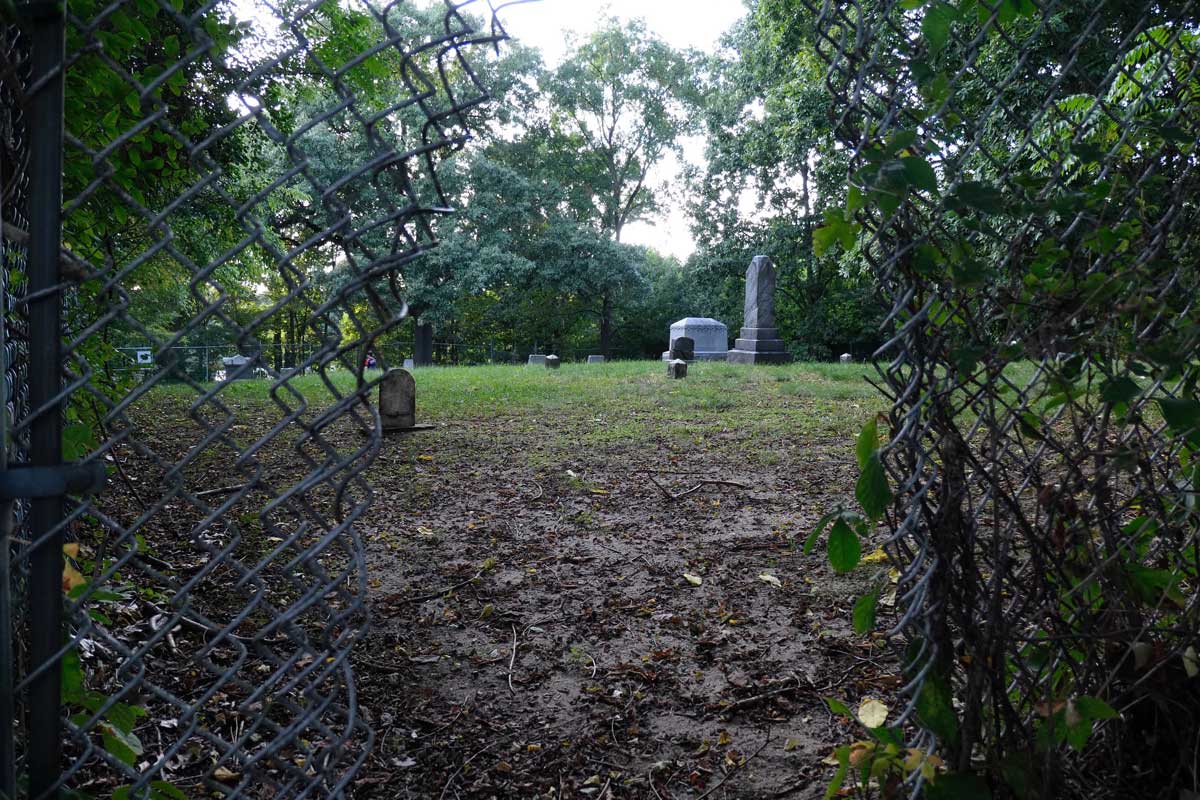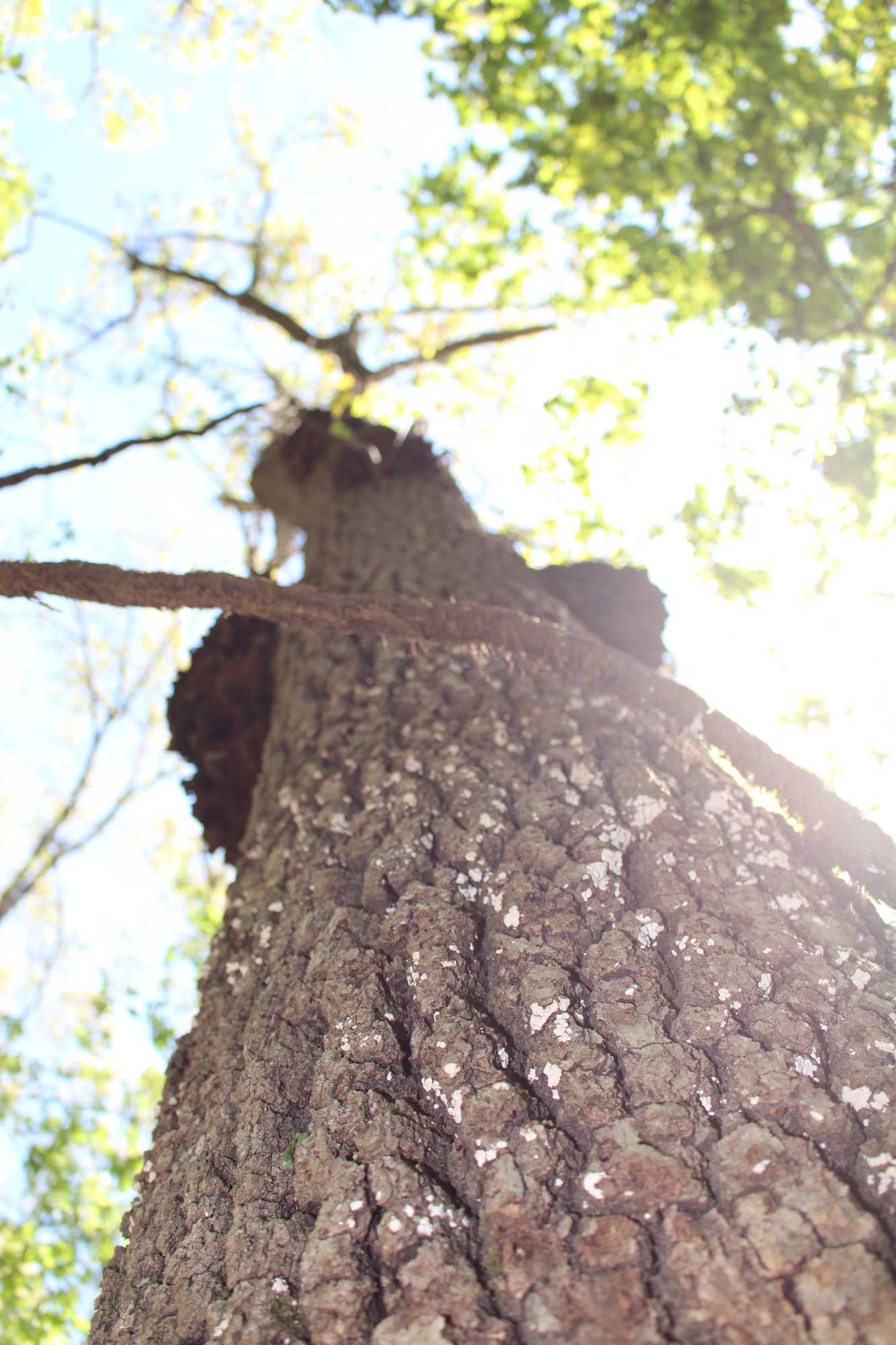JAMES EMANUEL
Alliance Public Library
Alliance, Nebraska
By Sean Stewart
Alliance, Nebraska, does not remember James Emanuel. There is no plaque, no statue. His poetry is not assigned to high school students. Despite the lofty architecture of the public library and museum, there is no display, no exhibit. Just two or three dusty books kept in the staff room of the library alongside genealogy tomes, protected behind glass cases. Protected from being discovered.
I grew up craving art in a town that didn’t have any. I read about other places—any other place I could—and the figures who put those places on the map. I decried the emptiness of the prairie I found myself in. I was scared the small world of my beginning had set the limits for all I could be.
Alliance had no bookstore, no venue for musical or theatrical performances to speak of, no university. In this town of 8,000, I gravitated to the place stories could be found. The public library was a lifeline. Everywhere else my world felt small, but when I stepped inside the library it became limitless. The old library building, built in 1912 with a Carnegie grant, boasts classical columns and resilient stone. The current library is equally grand: skylight windows fifty feet up seem to usher the world in. The place grabbed me. I got a job as a library page, and as I shelved books a new geography imprinted itself on my mind. Even if no section of the library was especially thorough, I could see the hints of everything not present. And I wanted to learn it all.
I’d been working there for years before I discovered James Emanuel. His faded books were kept with the archives in the staff room. When I was tasked with rearranging the archival shelves I was, as far as I could tell, the first to look at them in decades.
What I found left me breathless. James Emanuel was a poet pushing against the very bounds of what it’s possible for one life to contain.
He was born in Alliance in 1921 and grew up with the same quiet streets that I did, the same railroad engines droning in the distance, the same treeless sandhills stretching to every horizon. He read his first poem at Alliance Junior High. As a teenager, he worked on a cattle ranch before leaving the area and moving East.
Emanuel attended Howard, Northwestern, and Columbia universities. He was mentored by Langston Hughes, on whom Emanuel went on to write an influential book-length analysis. Emanuel then cemented his own scholarly reputation with Dark Symphony: Negro Literature in America, a groundbreaking anthology of African American literature.
From the relatively pastoral beginning of early poems, Emanuel’s later began to focalize in his writing around racial injustice. Their topical change is matched by their uptick in rhythm. Poems like “Panther Man,” his scorching condemnation of the murder of Fred Hampton, are marvels of energy and anger. Emanuel later disavowed America entirely. His son was brutalized by police and took his own life in the aftermath. James Emanuel renounced the United States and spent the rest of his life an expatriate in France, pioneering a new form he called the jazz haiku.
I have to think that Emanuel’s artistic and personal evolution in a direction his country was unwilling to follow is at least partly responsible for his anonymity in Alliance. When he died in 2013, the Alliance Times Herald ran one of his early poems called “Poet as Fisherman,” sidestepping his real legacy as a poet of startling rhythm, fierce critiques, and unfettered experimentation. I’m proud, now, to be from the home of the blistering jazz haiku king, James Emanuel—the town whose streets and surrounding oceans of dry tallgrass shaped his early world. When I began looking for traces of him in Alliance, I learned that Emanuel said of the public library—the 1912 iteration—“the Alliance town library was in biblical terms ‘my truth and my refuge.’” I wish I could tell him that it was for me, too. I wish I could tell him that his own books I discovered there are no small part of why.
Sean Theodore Stewart received his MFA from the University of Idaho, where he served as the fiction editor of Fugue. The Arkansas International selected one of his stories as a finalist for the 2019 Emerging Writer’s Prize and his work has appeared in Salt Hill, The New Territory, and Guesthouse. Originally from the Sandhills of Nebraska, he now lives in Brooklyn with his wife, Samantha, and their pups, Ramona and Molly.


